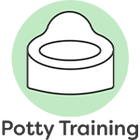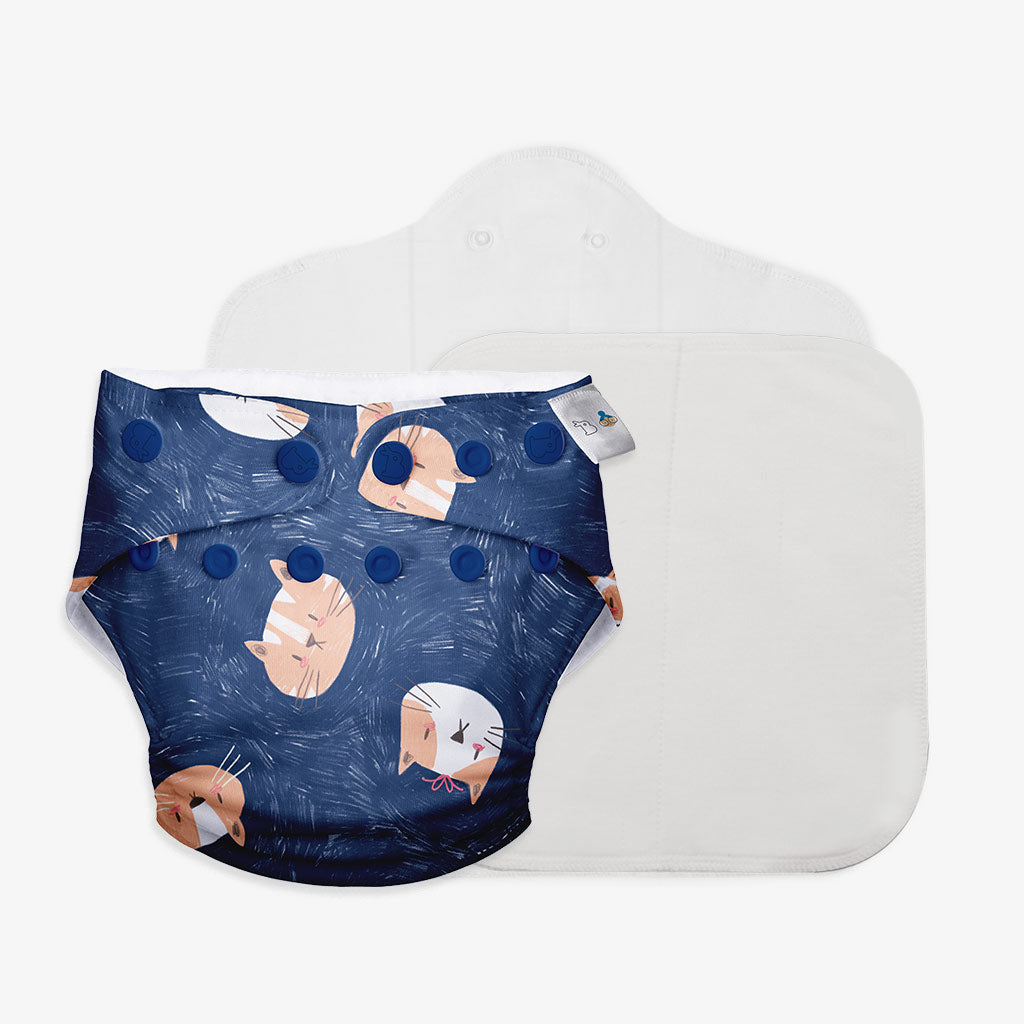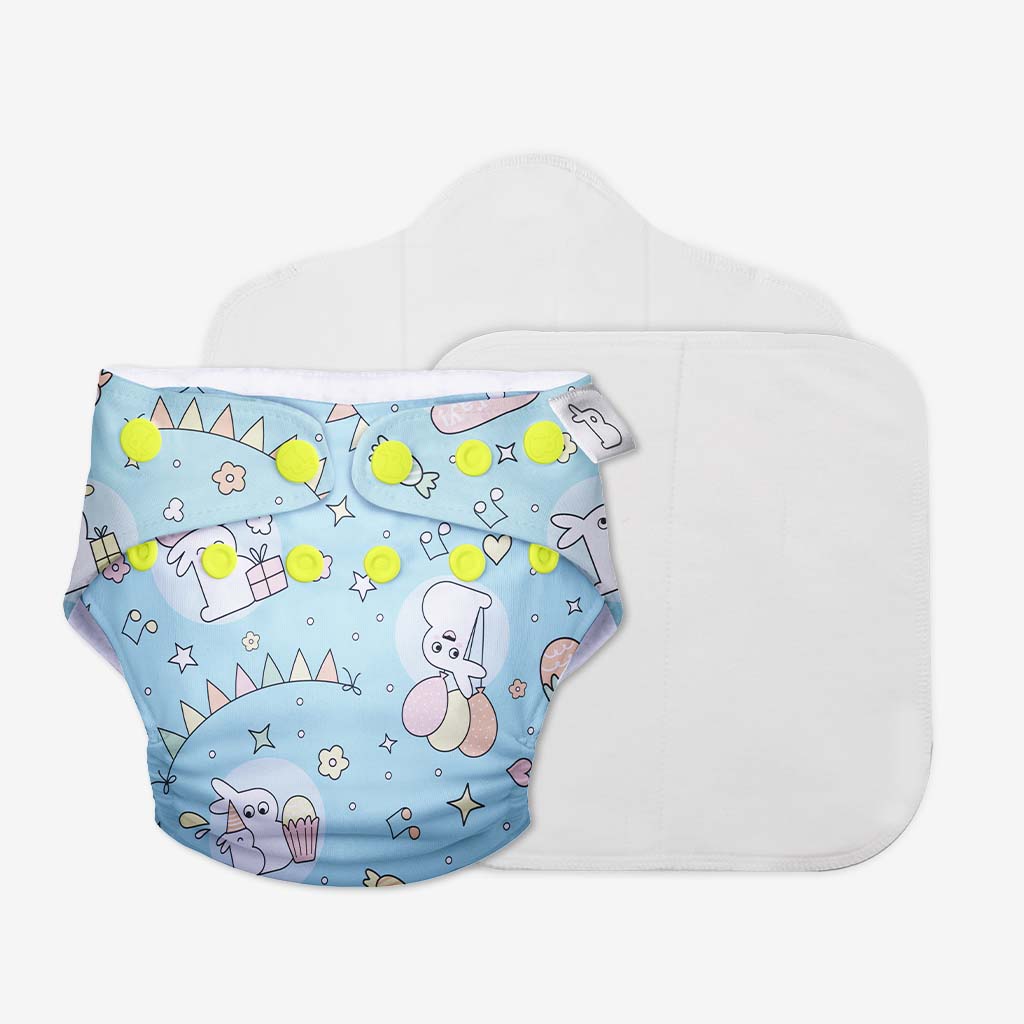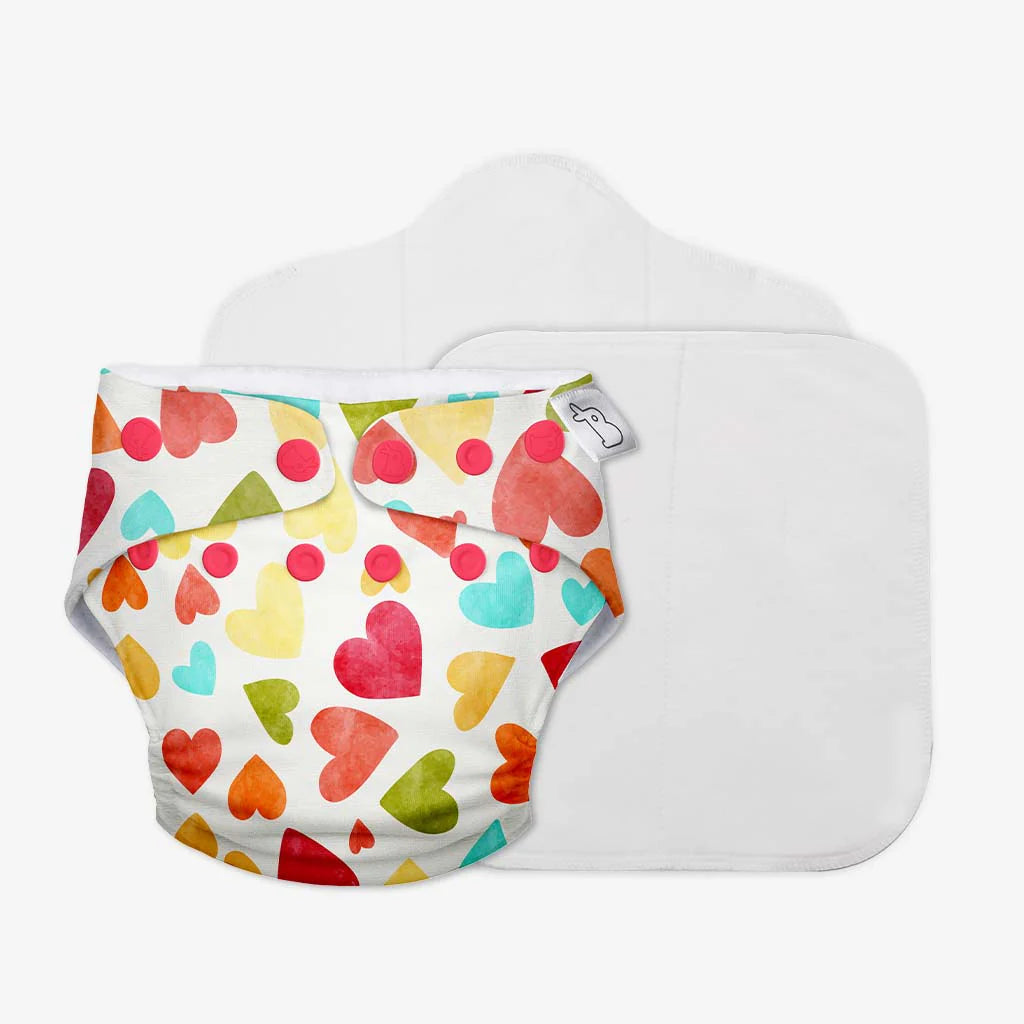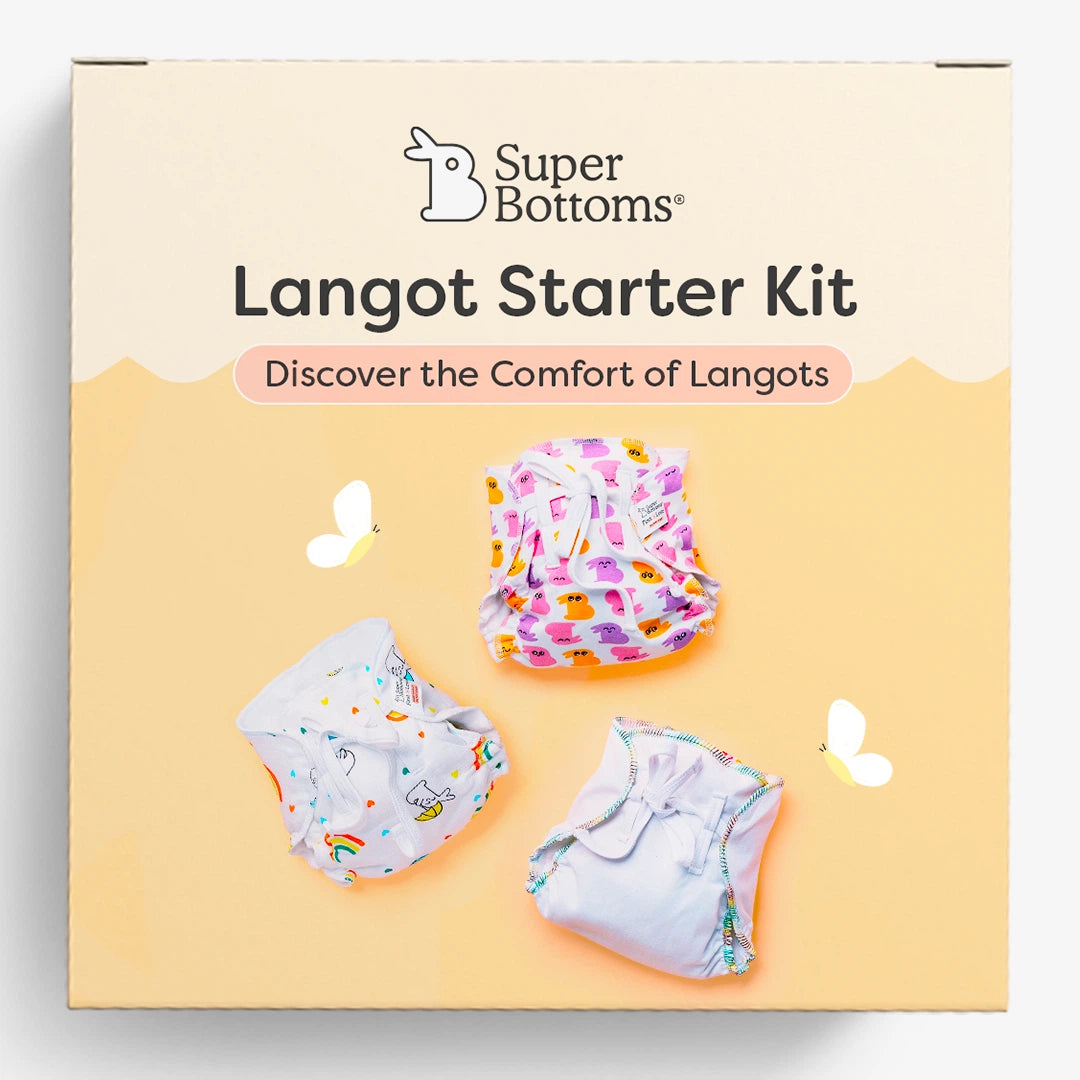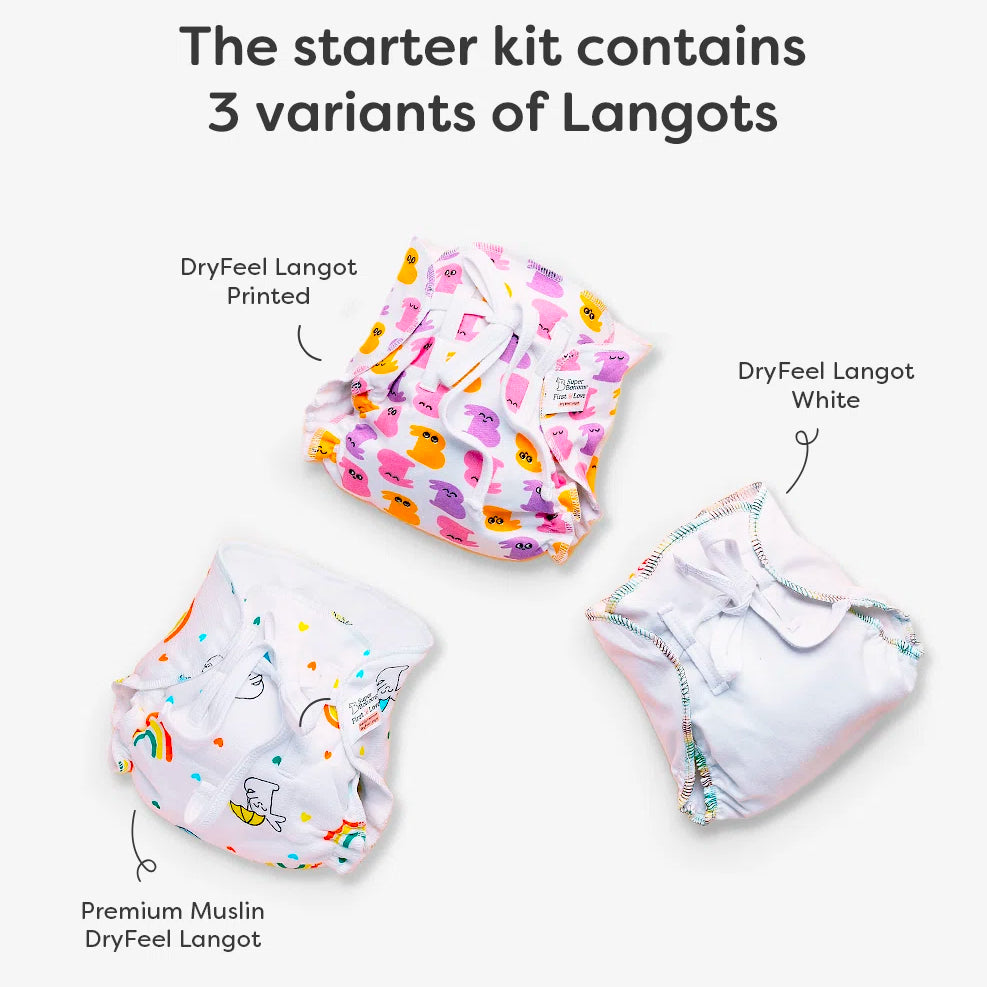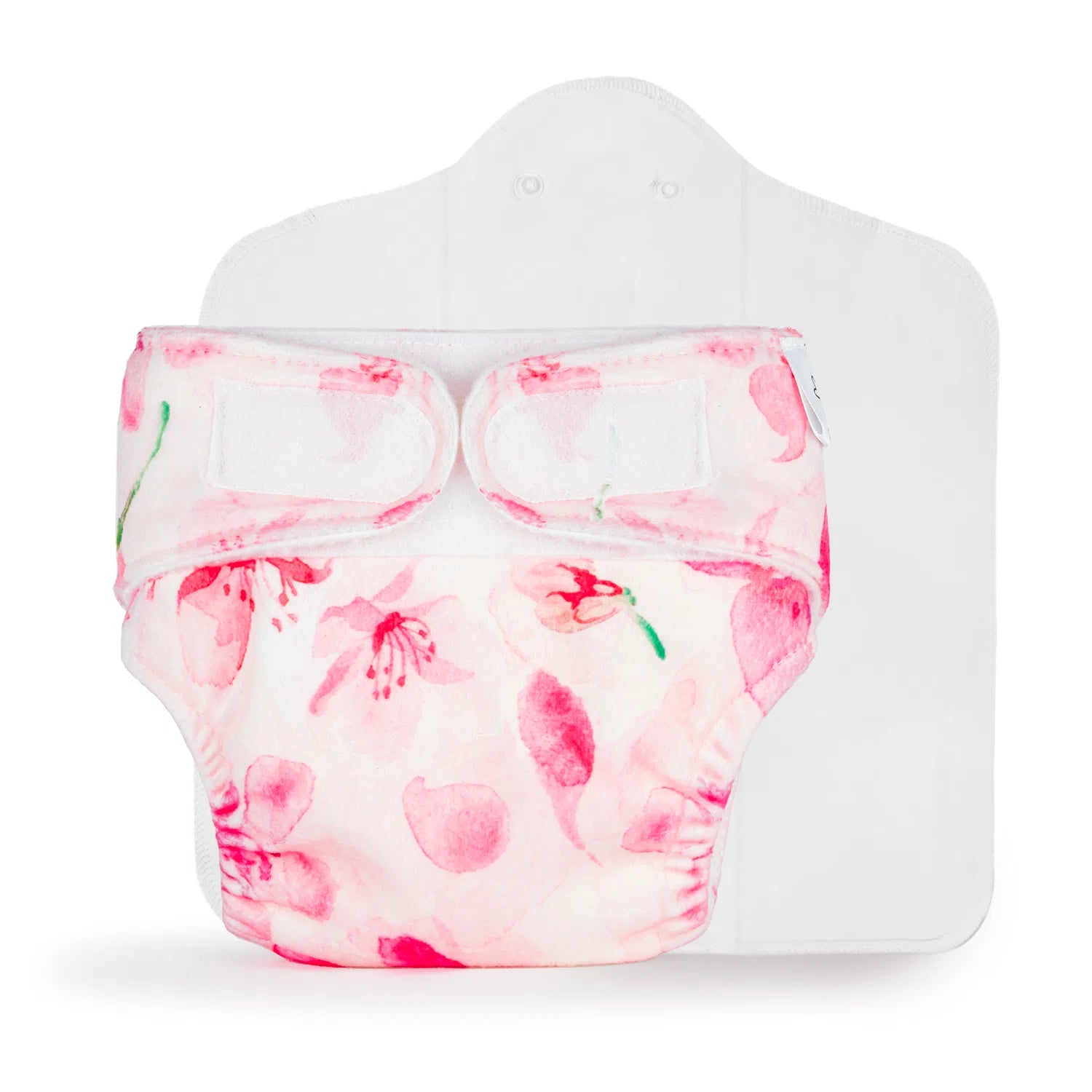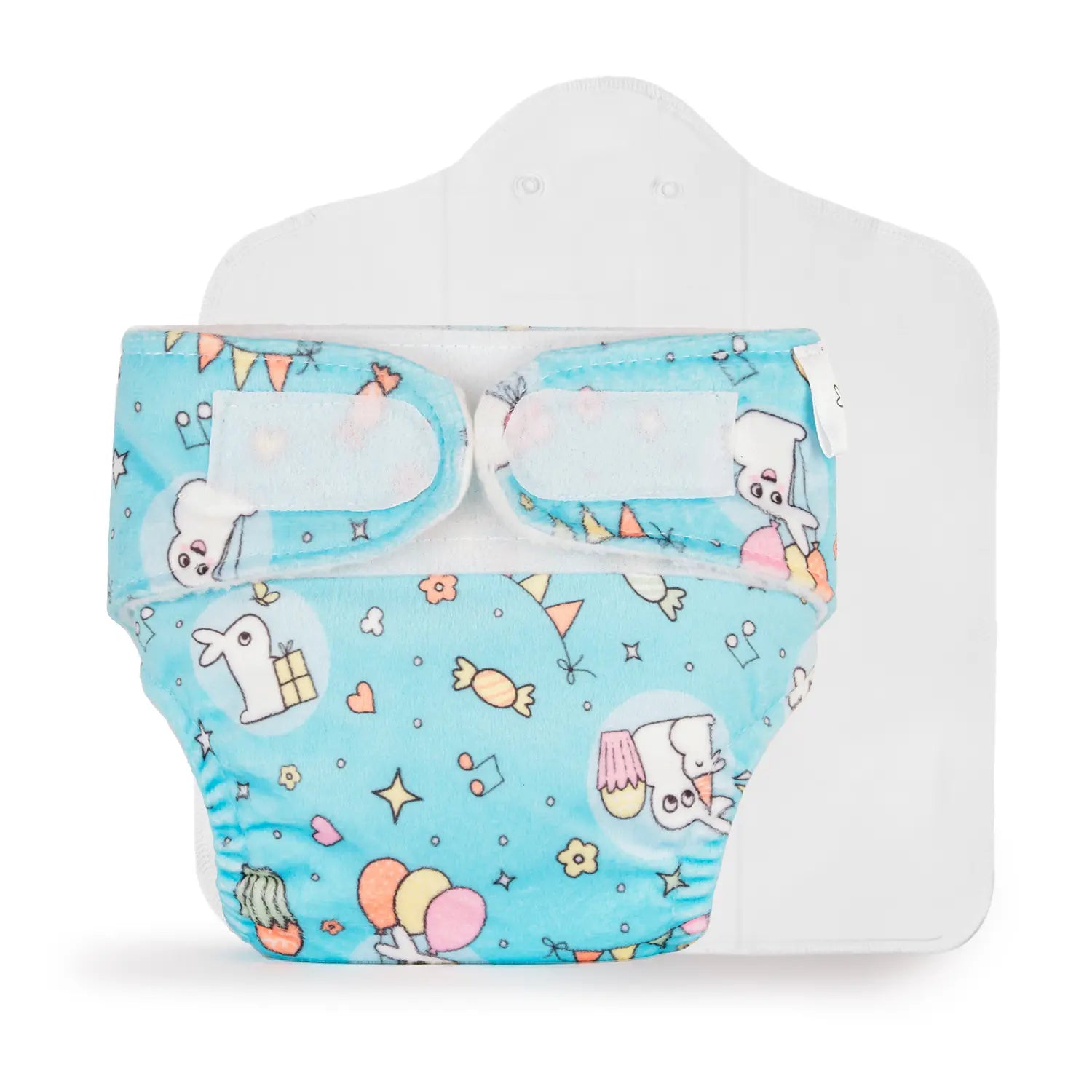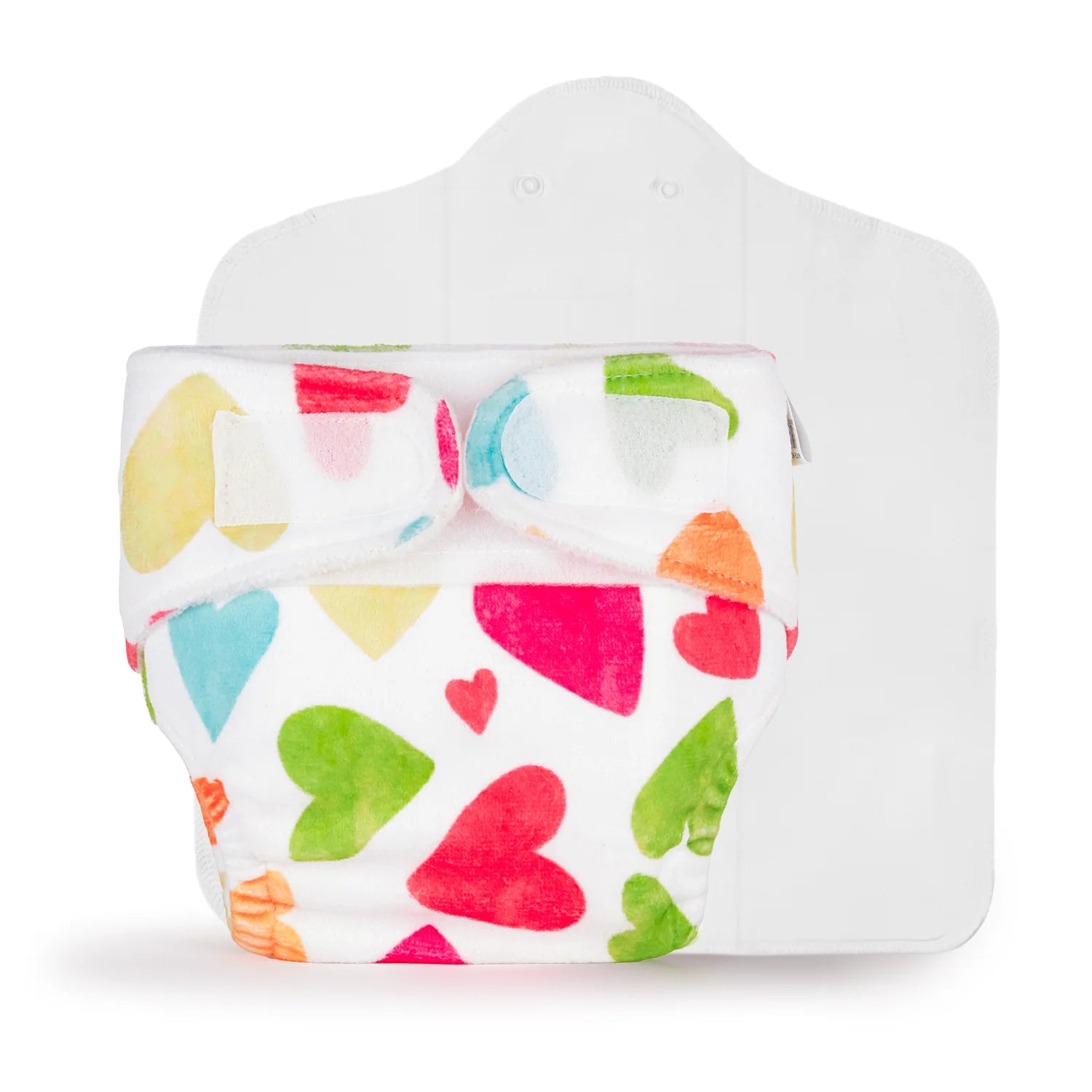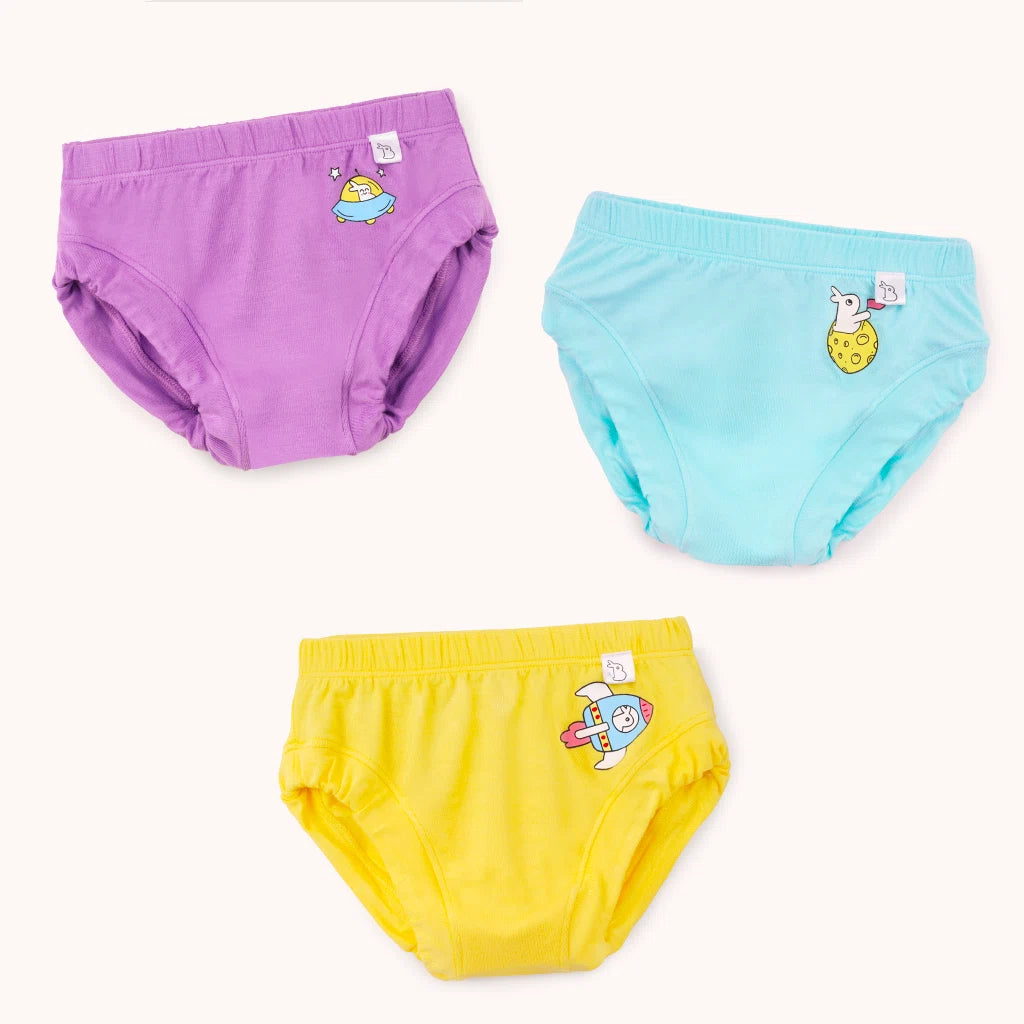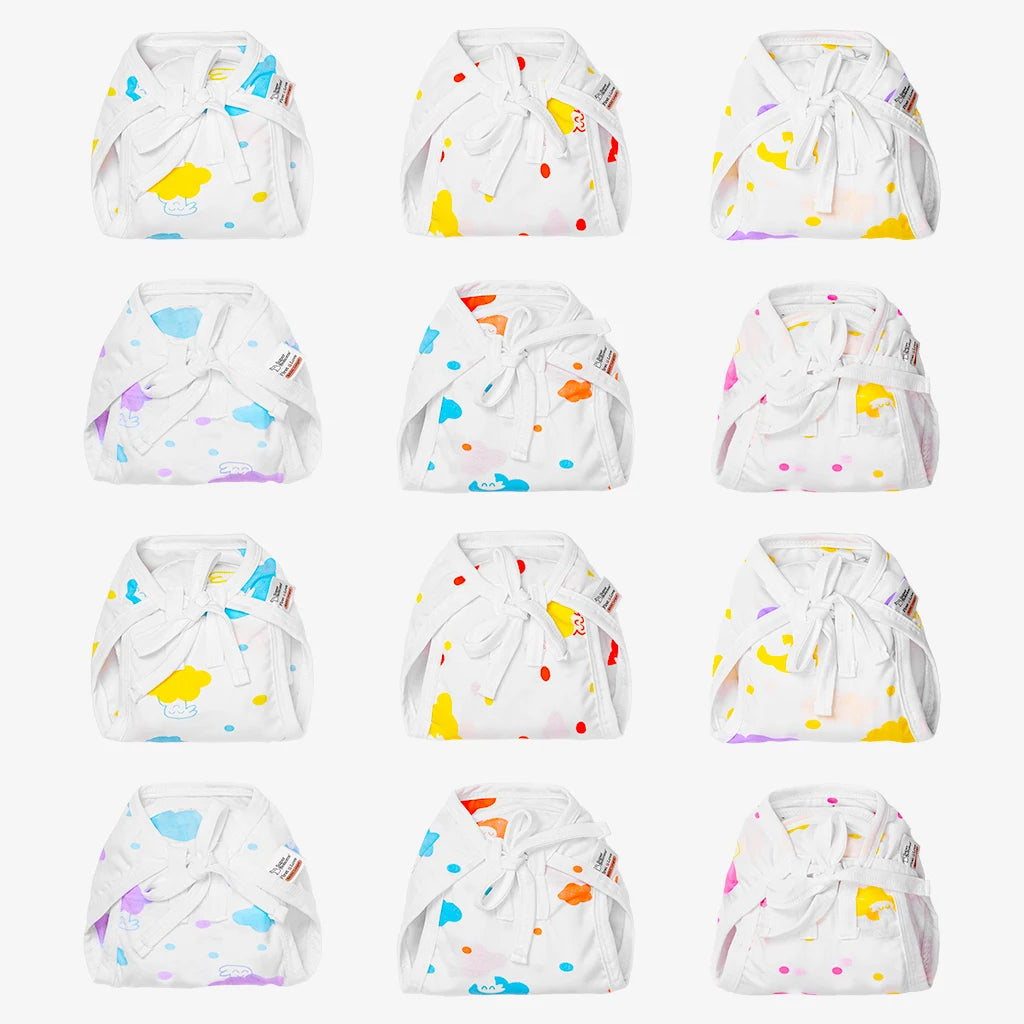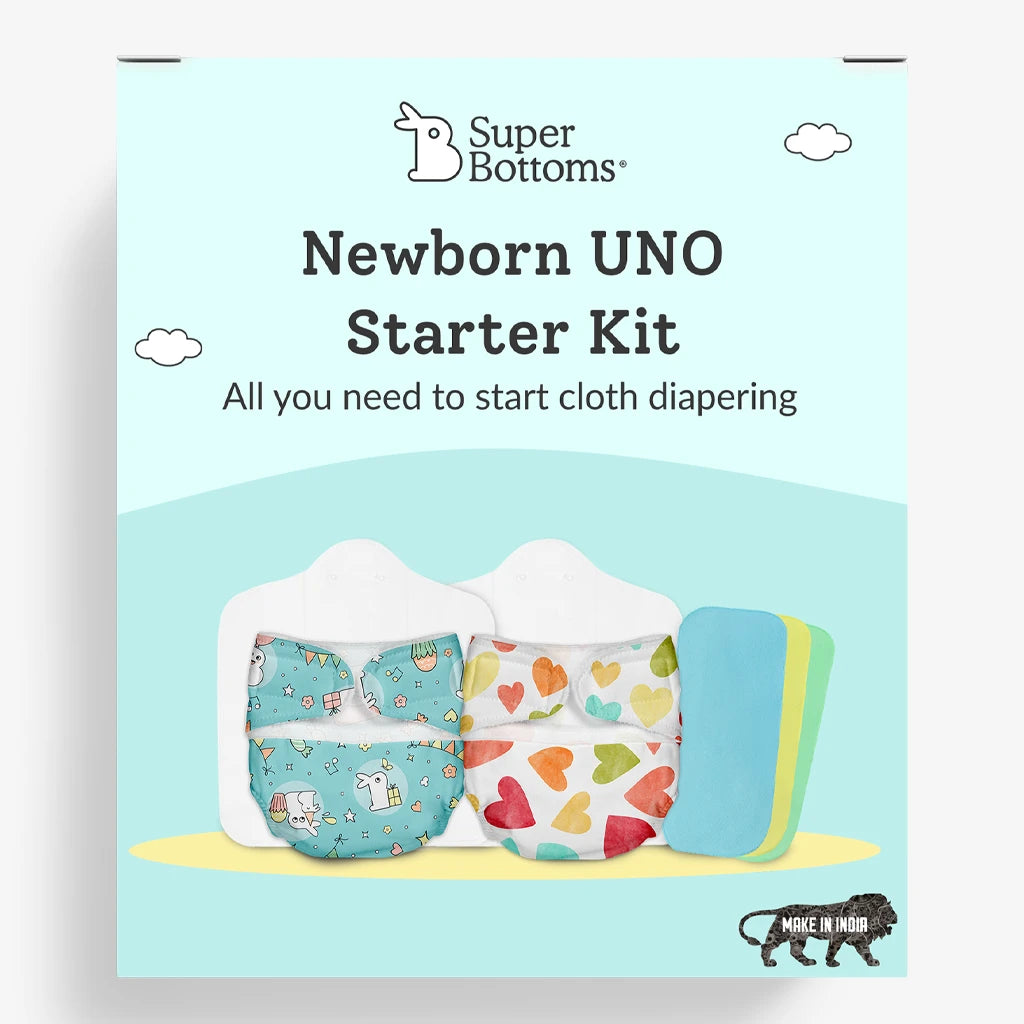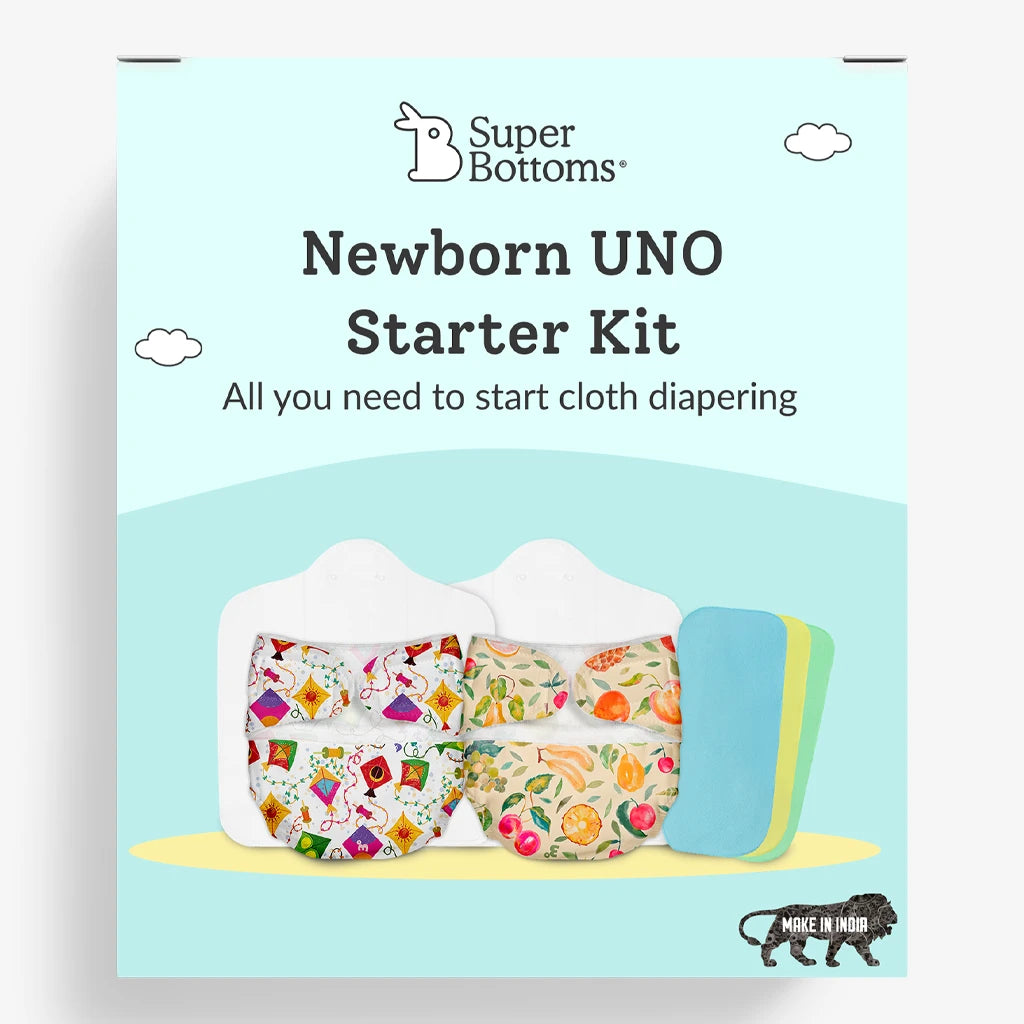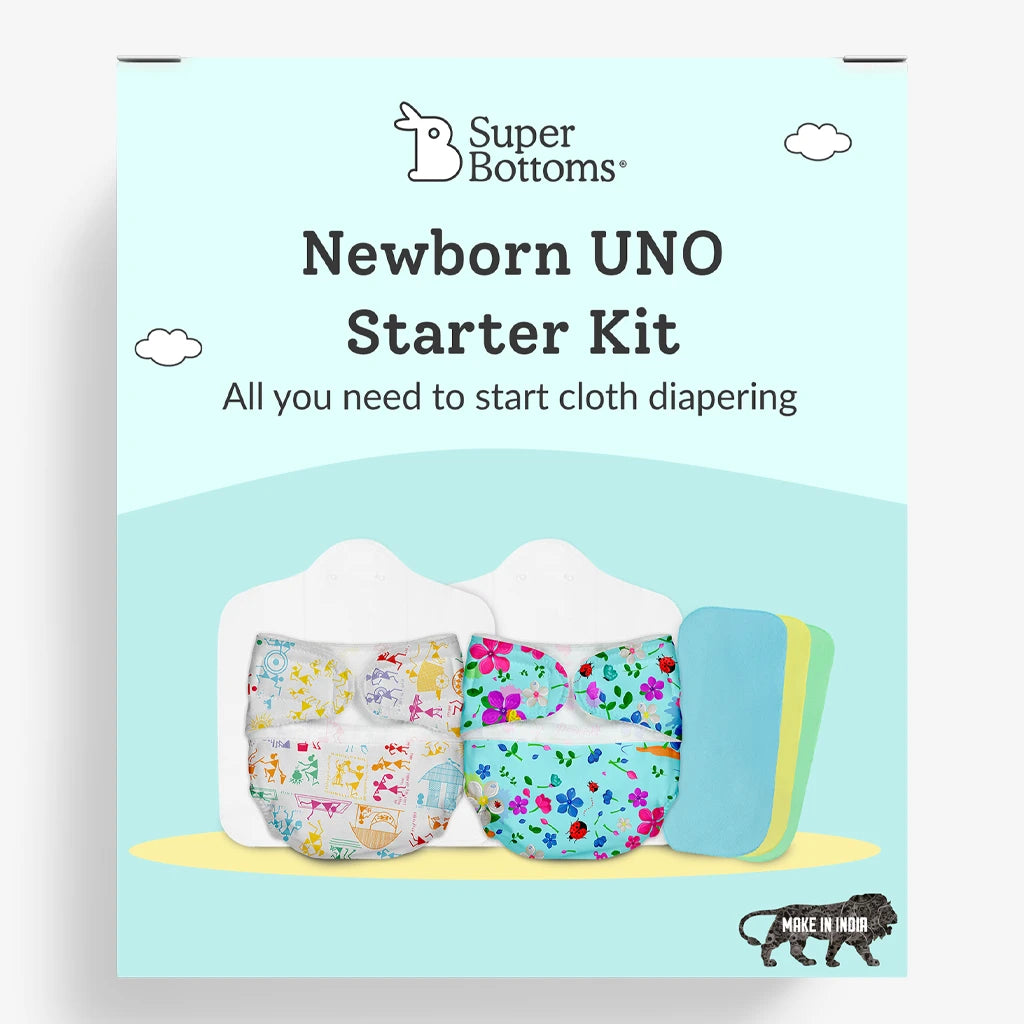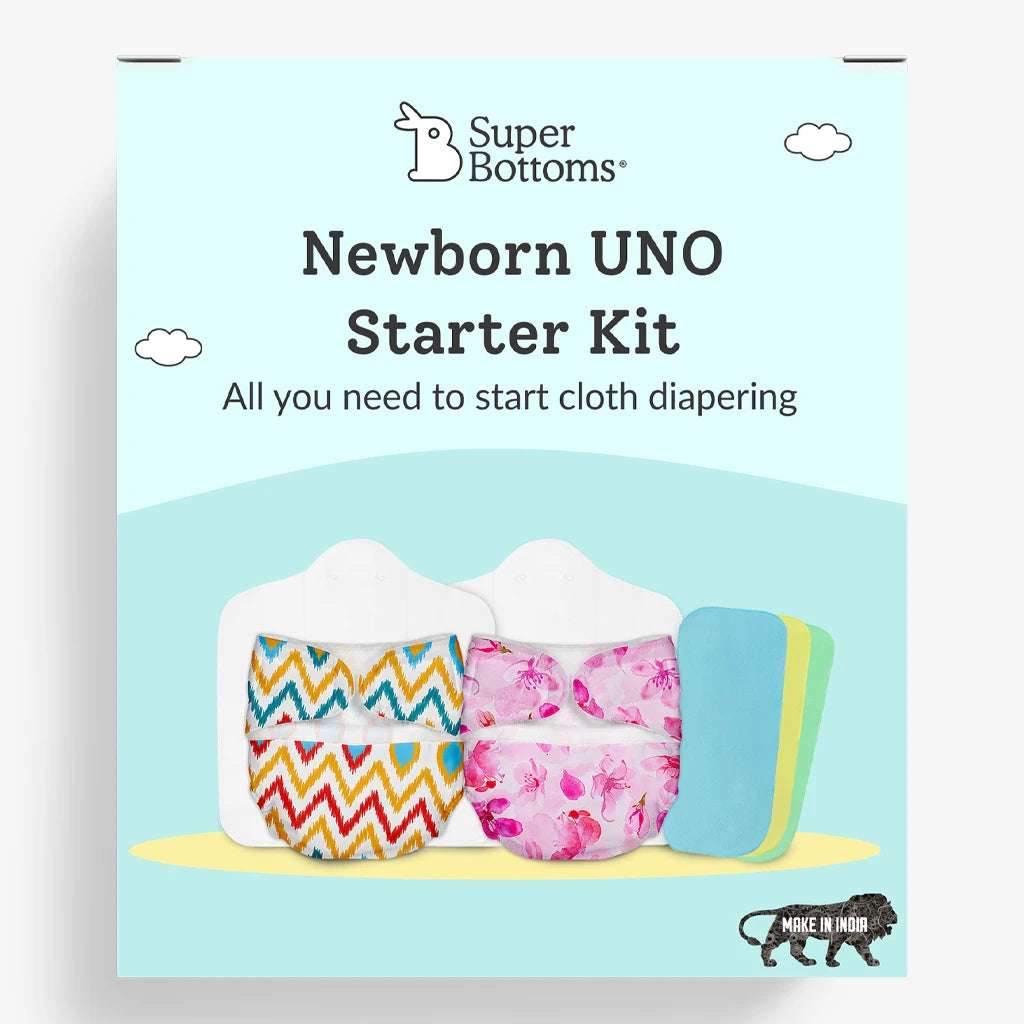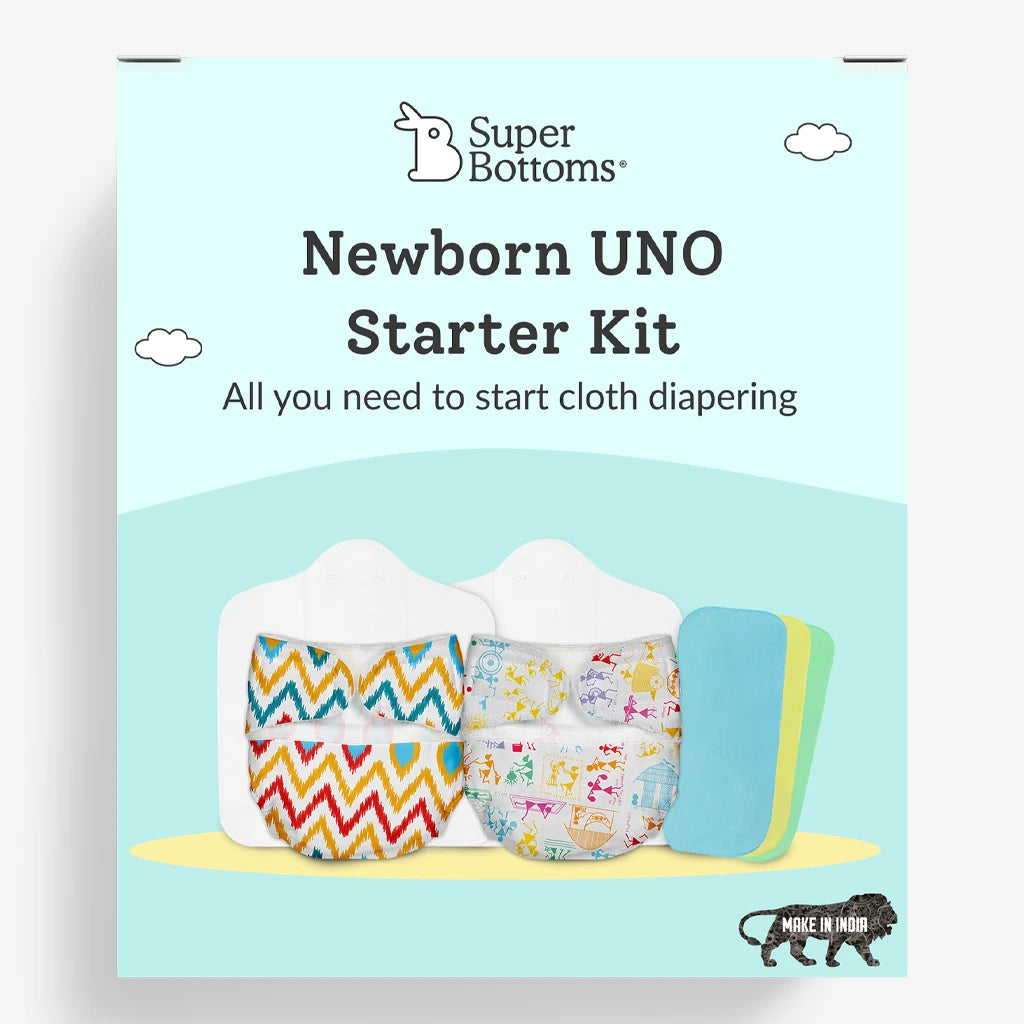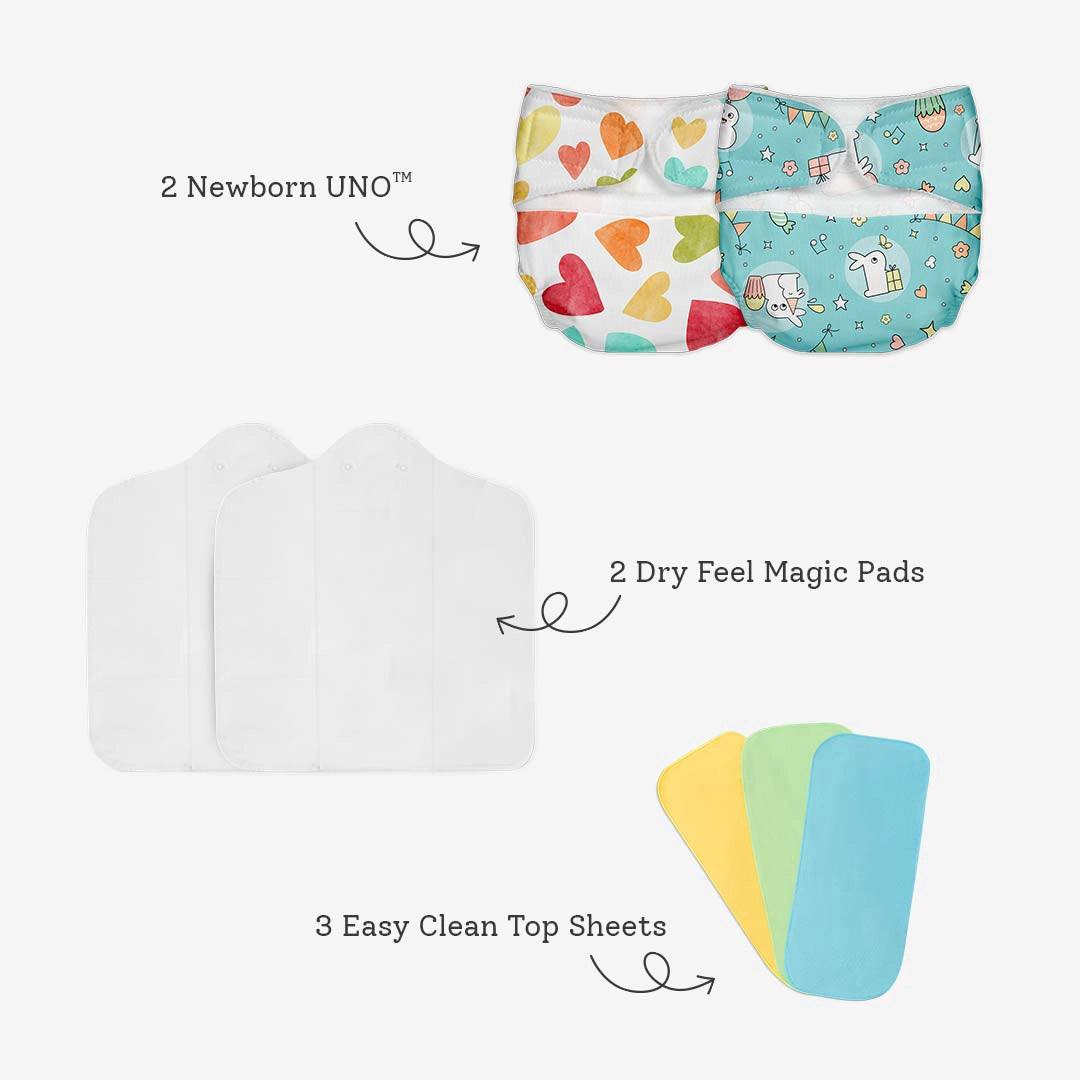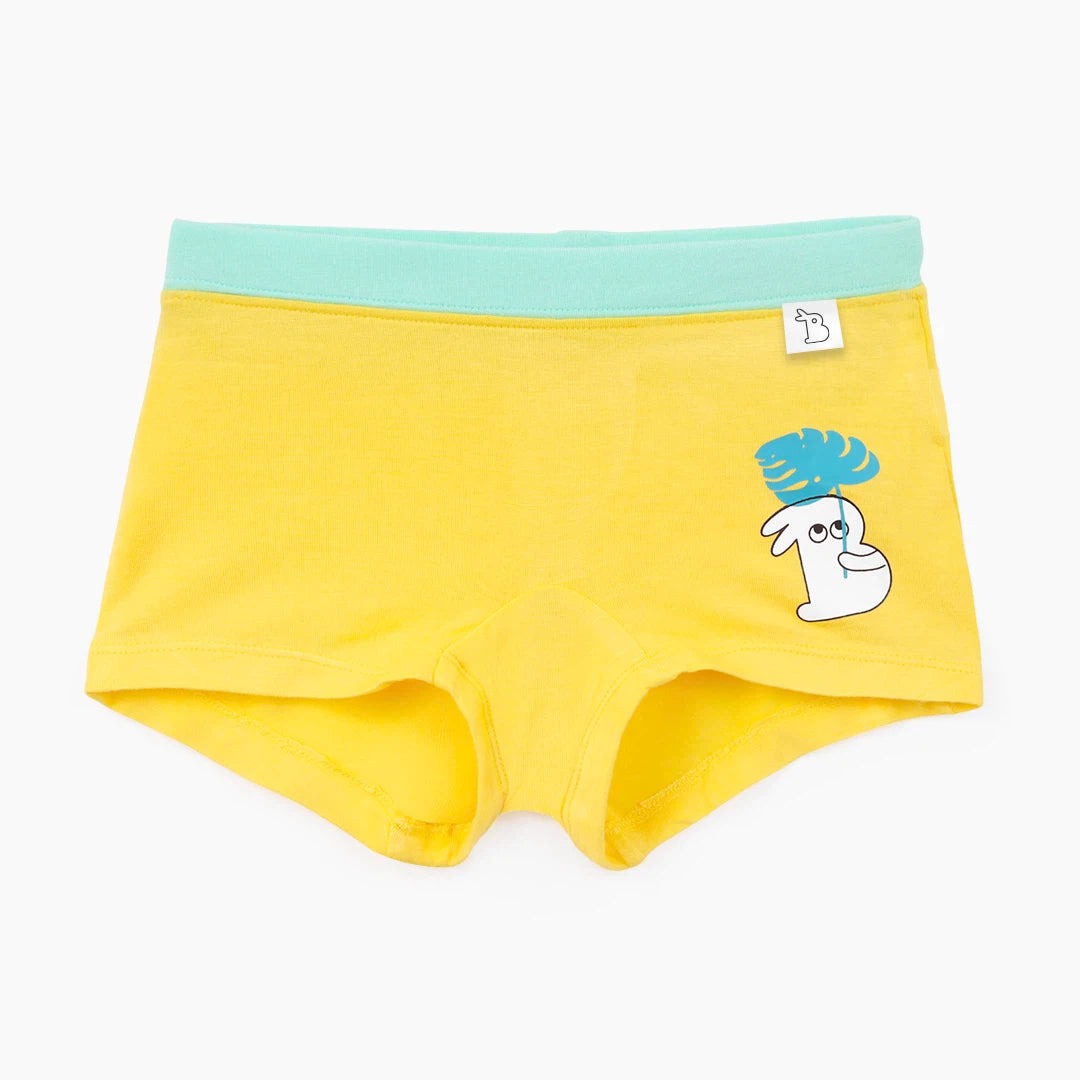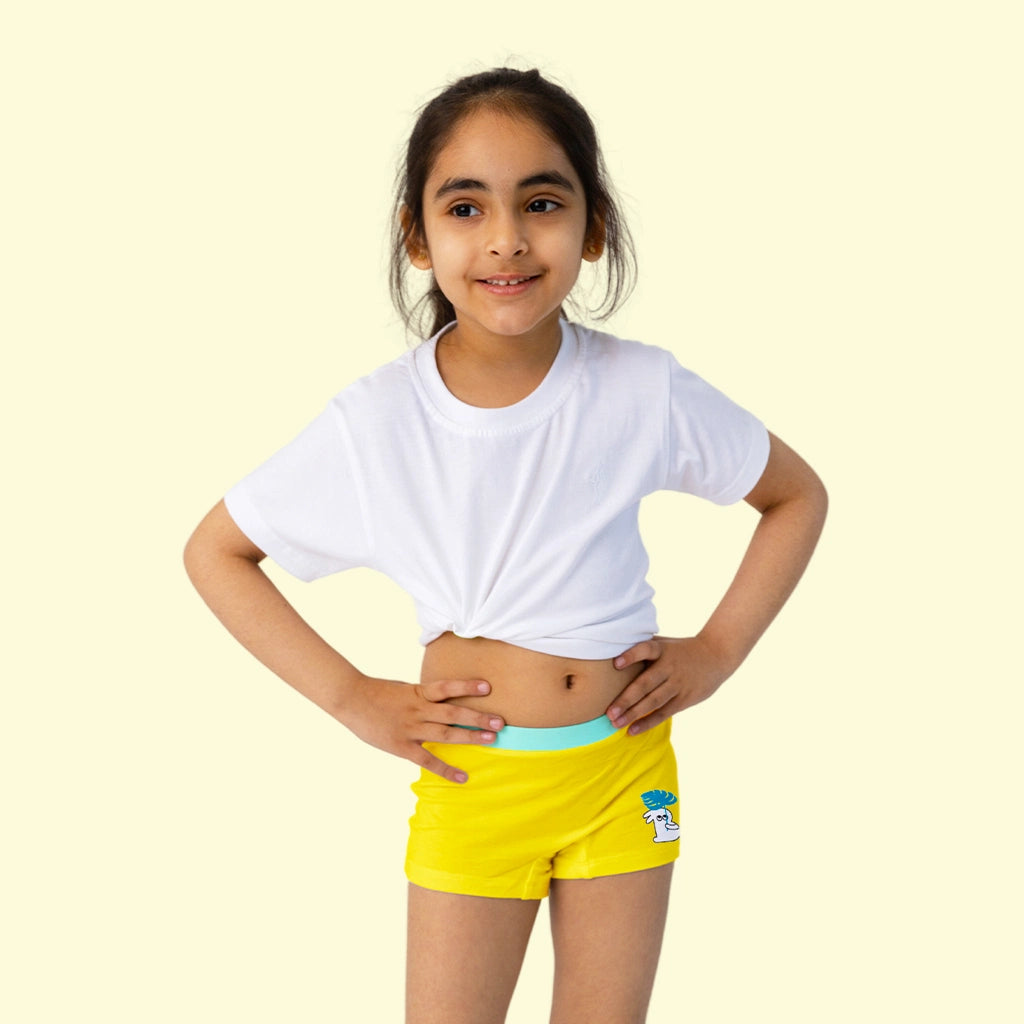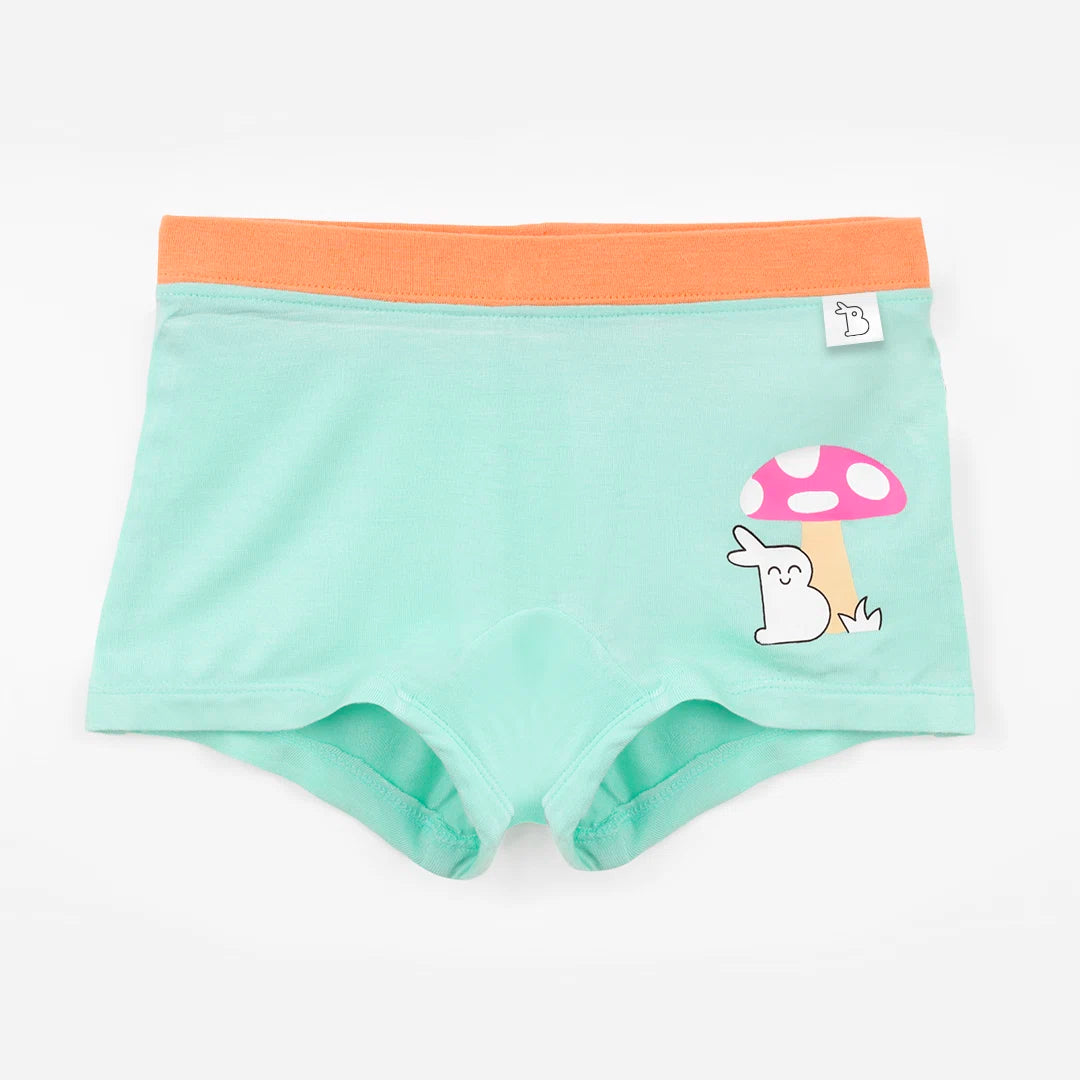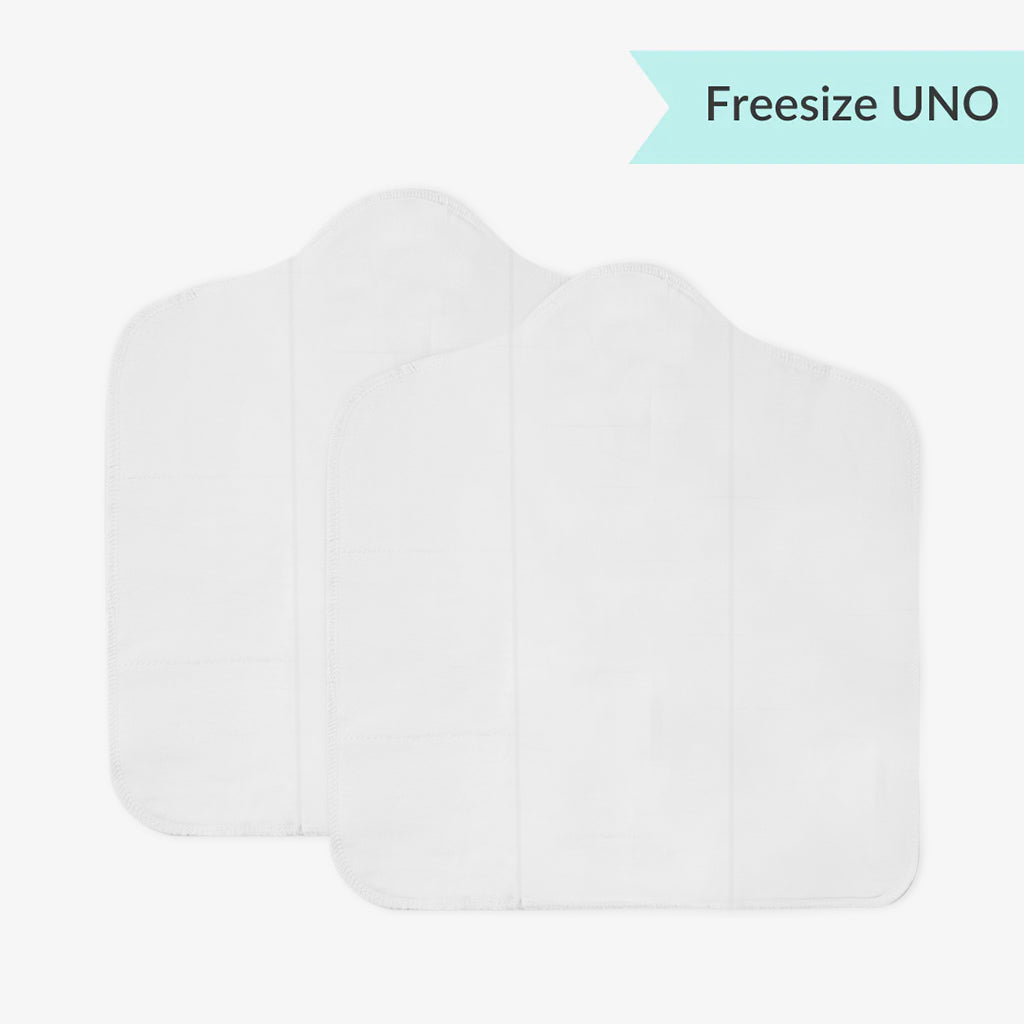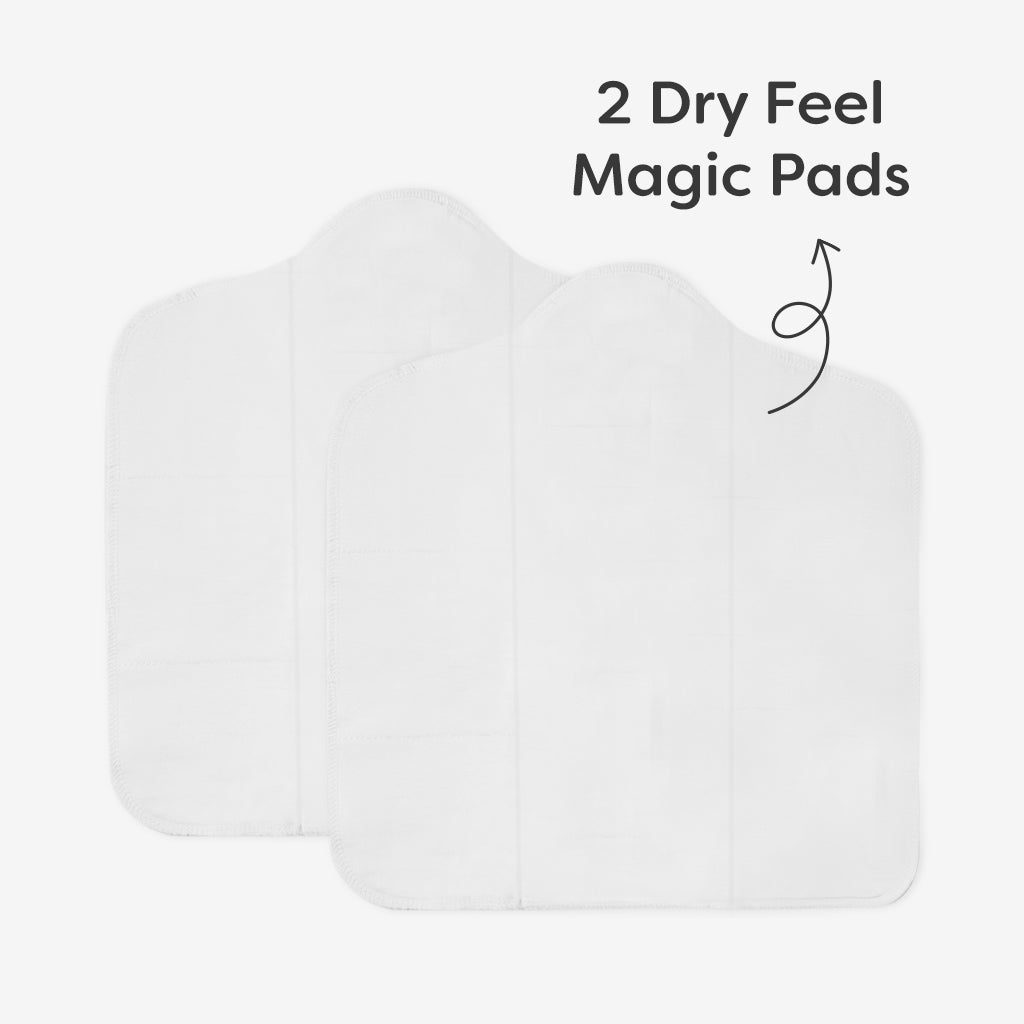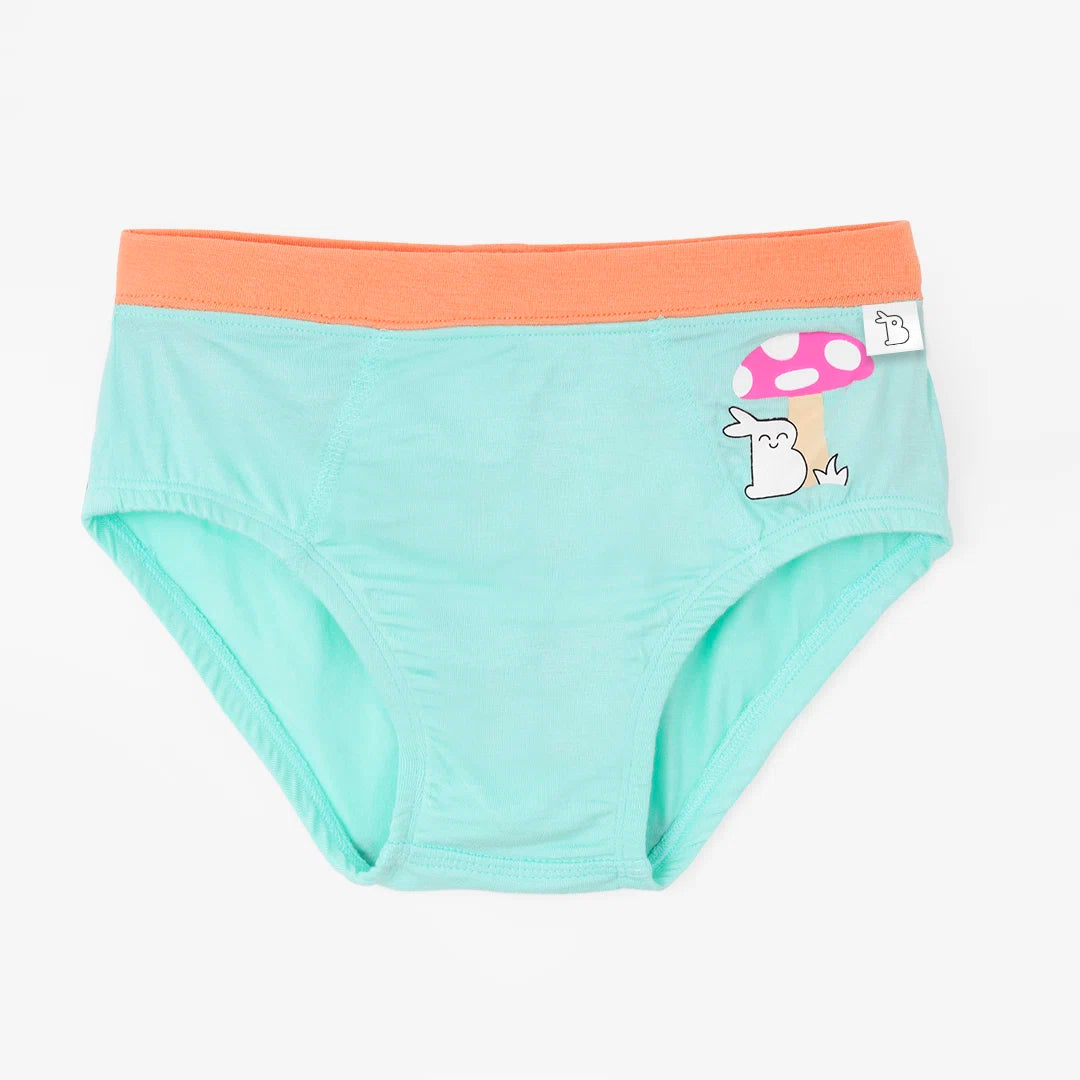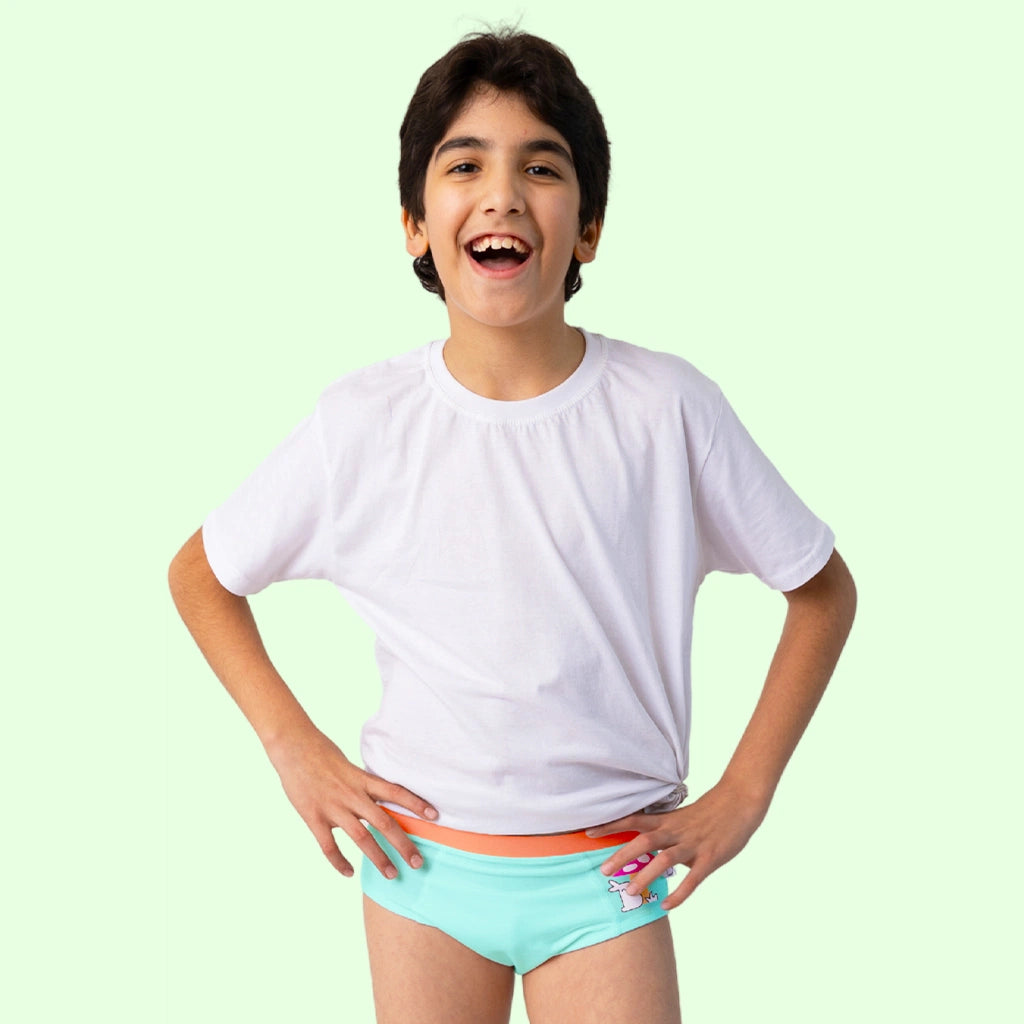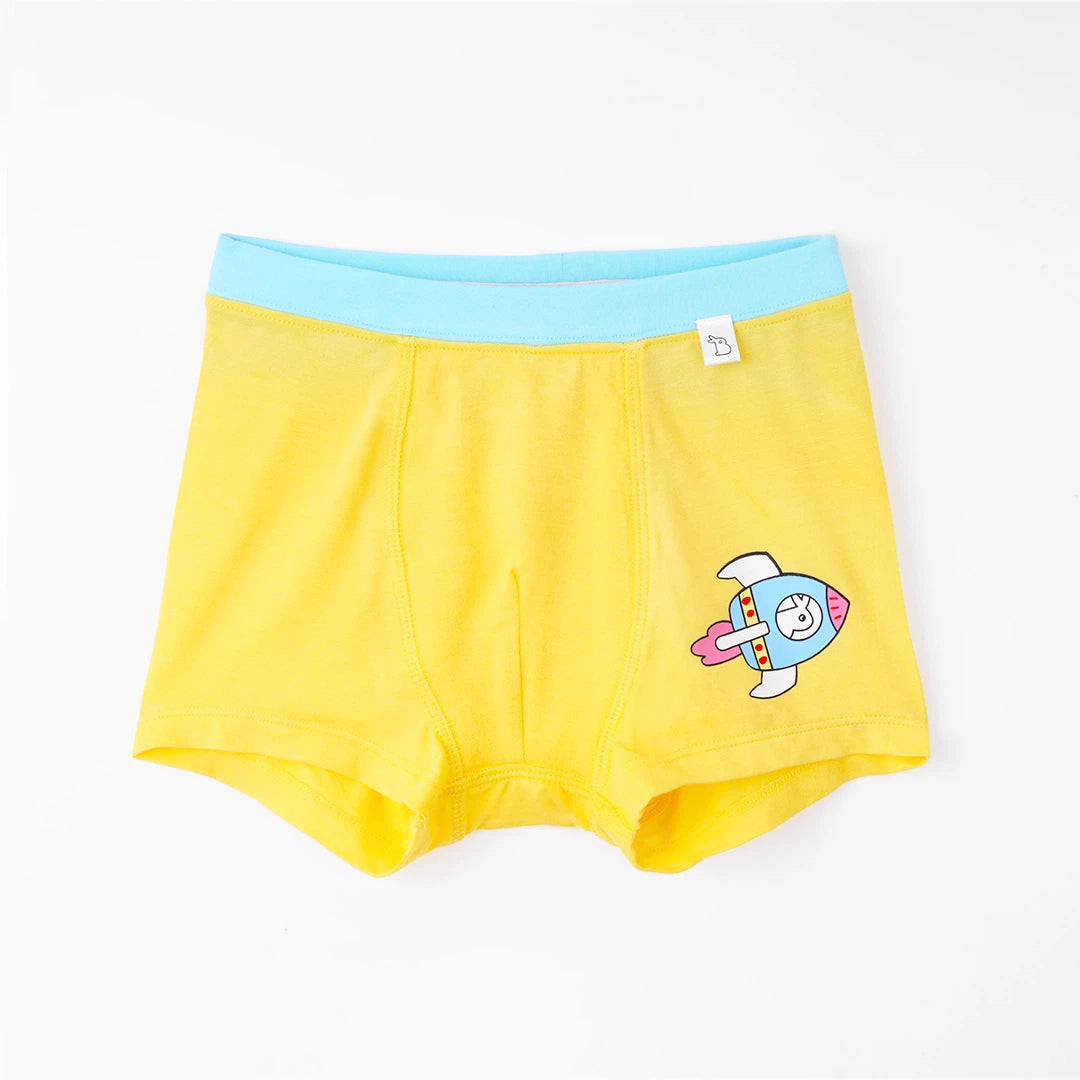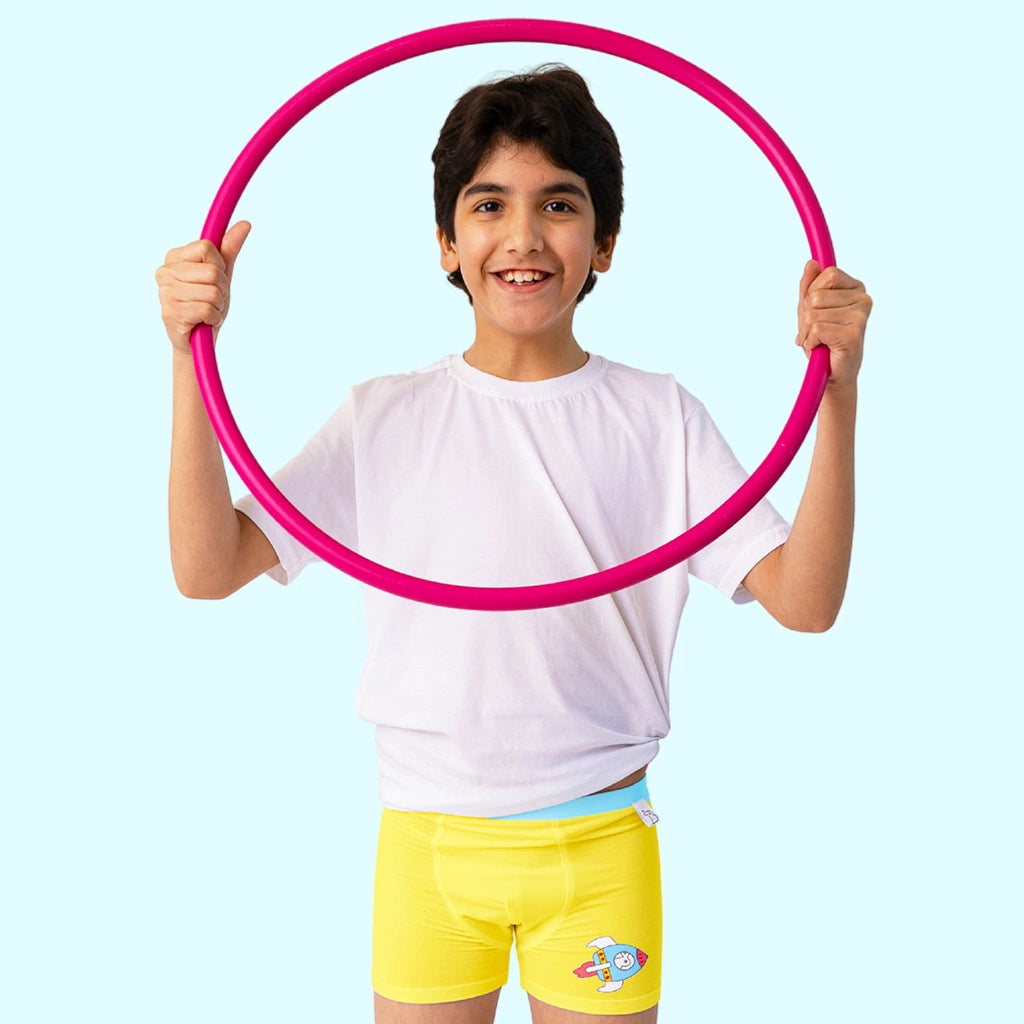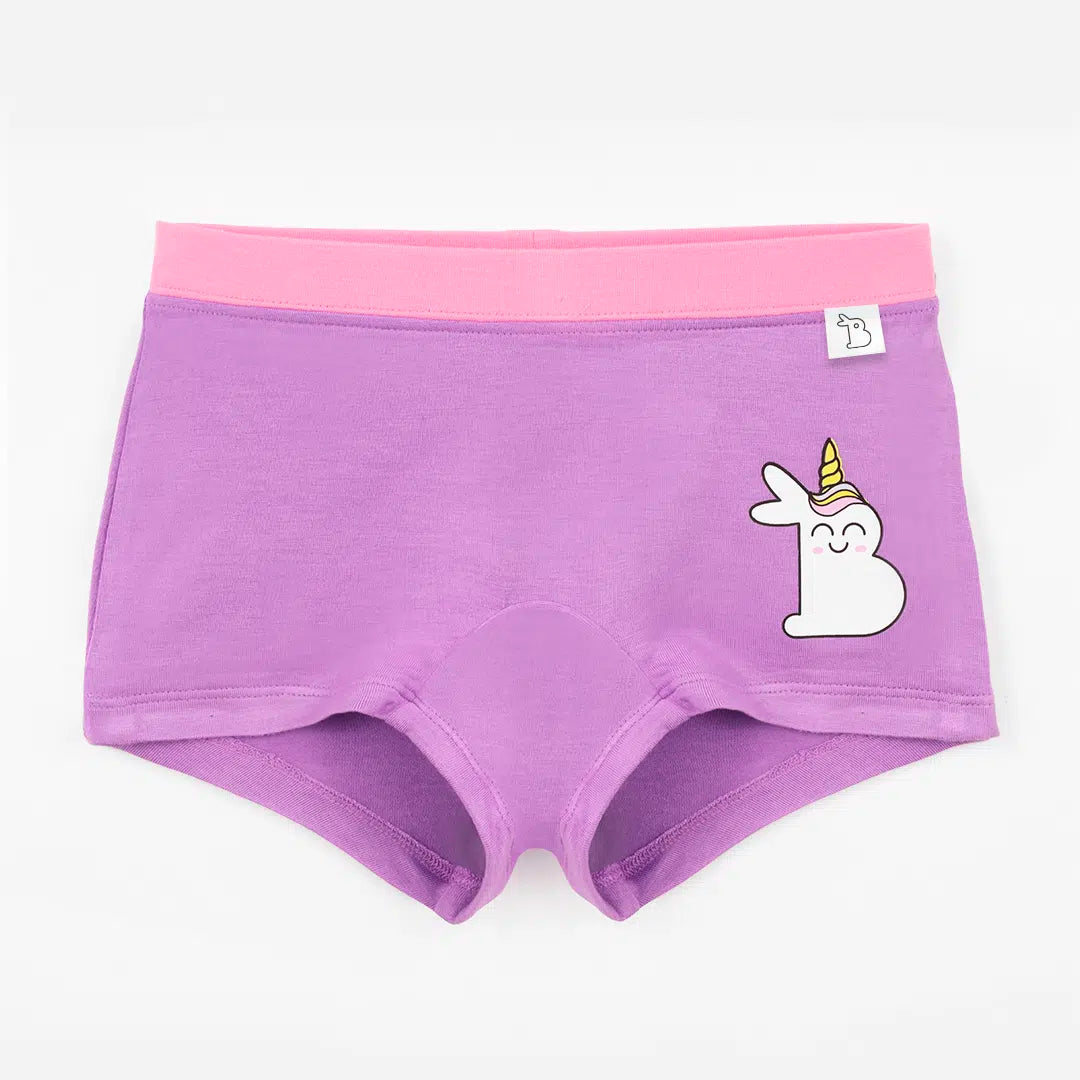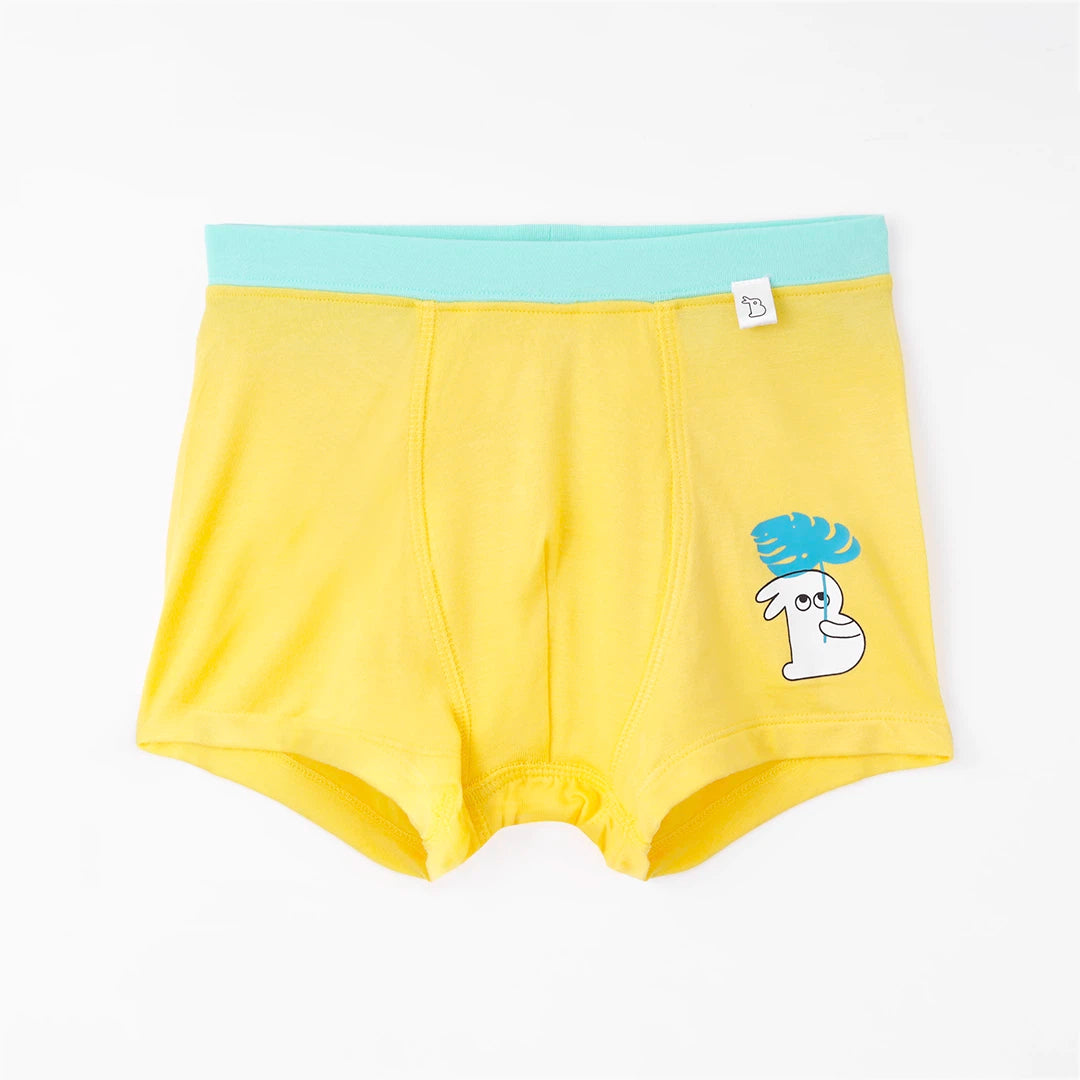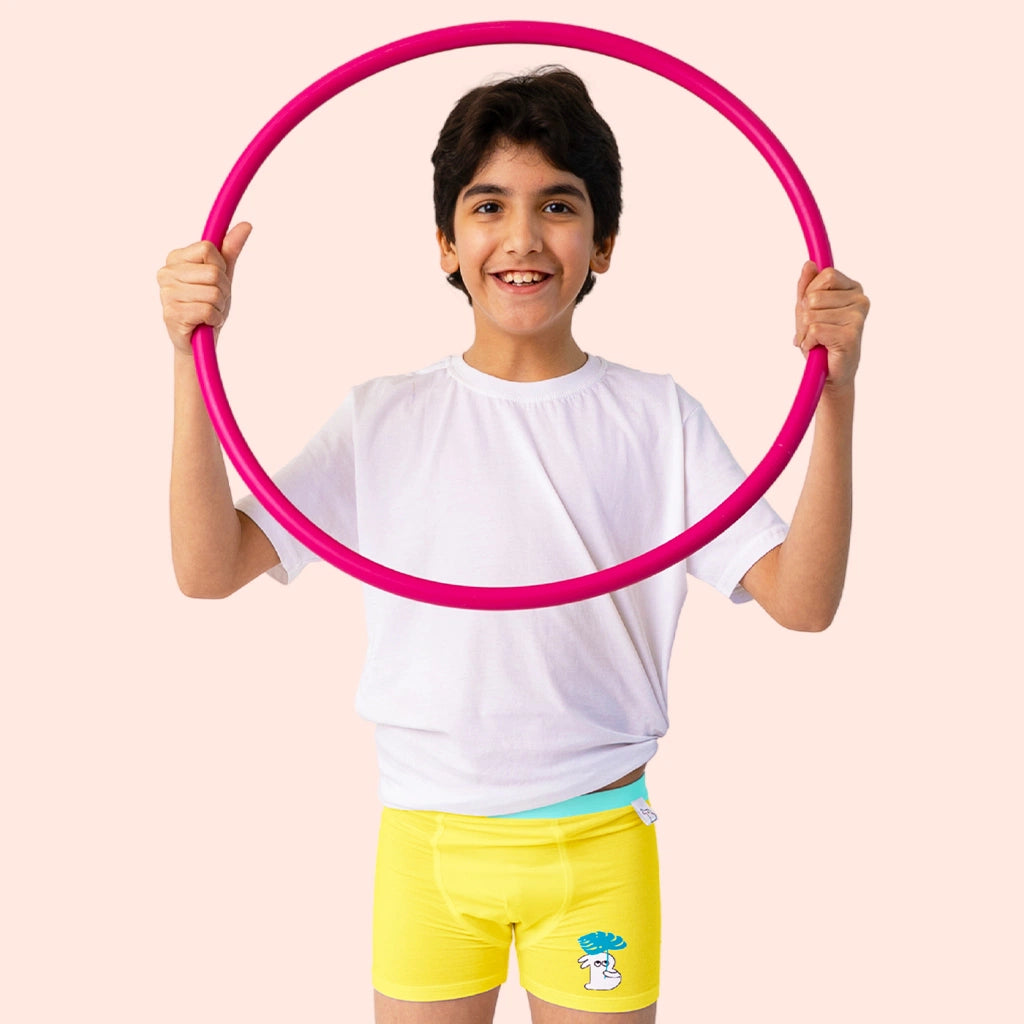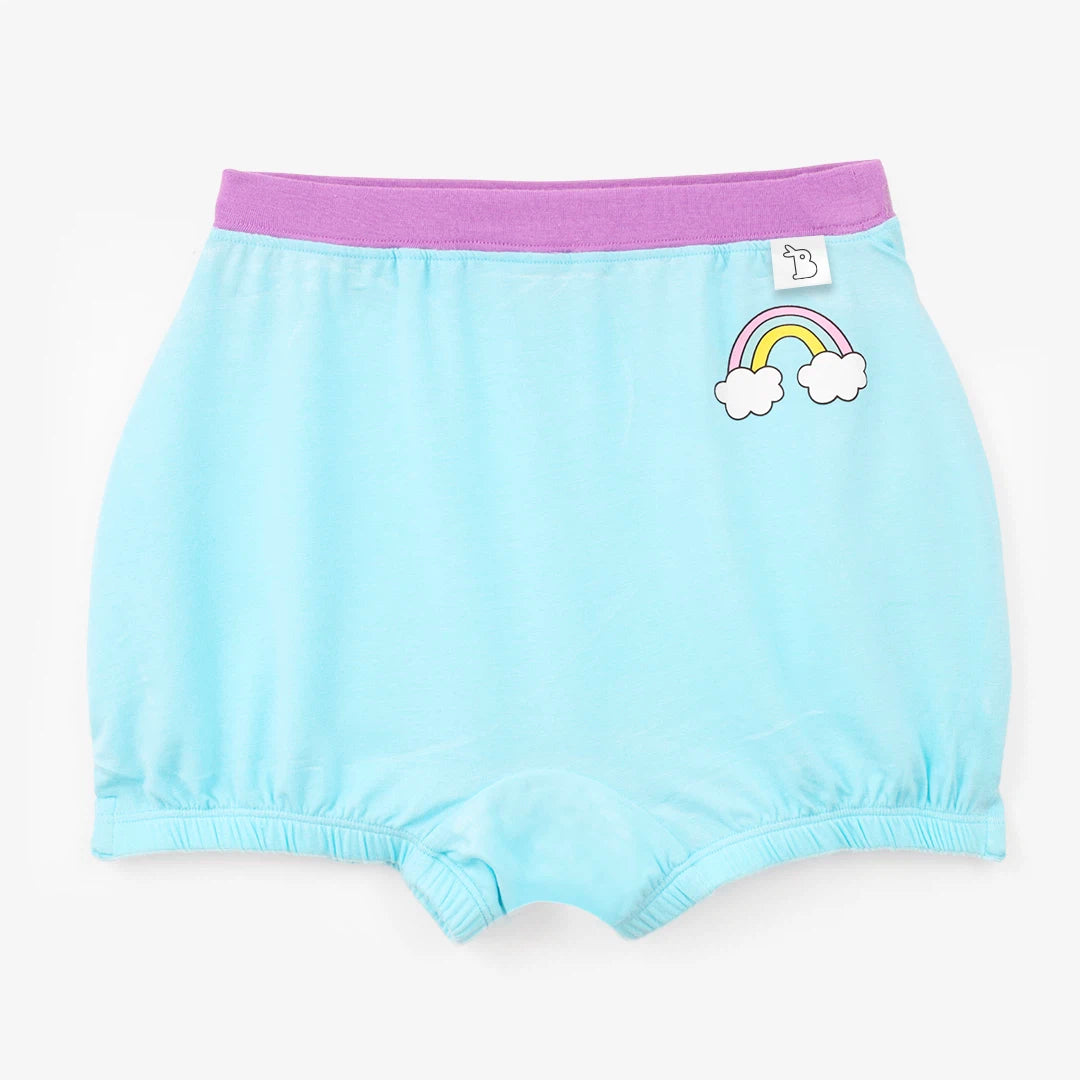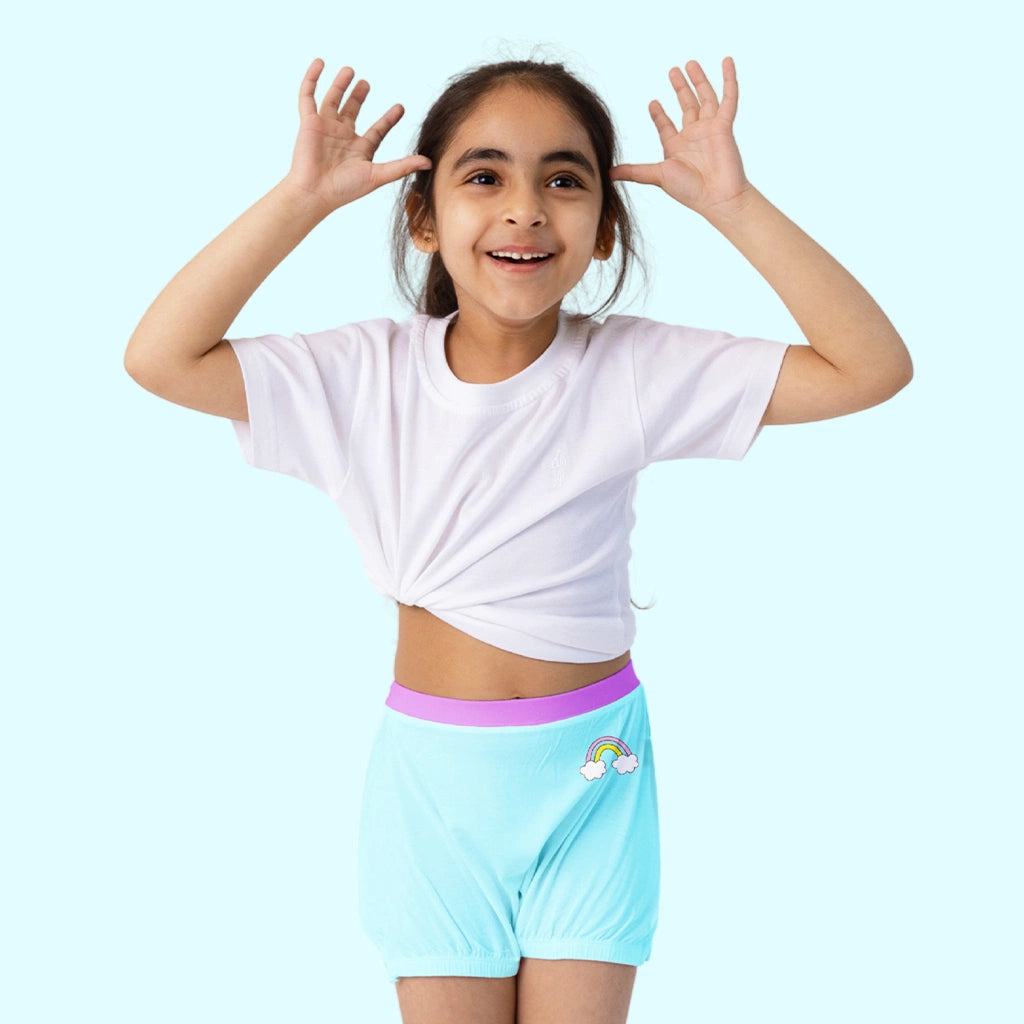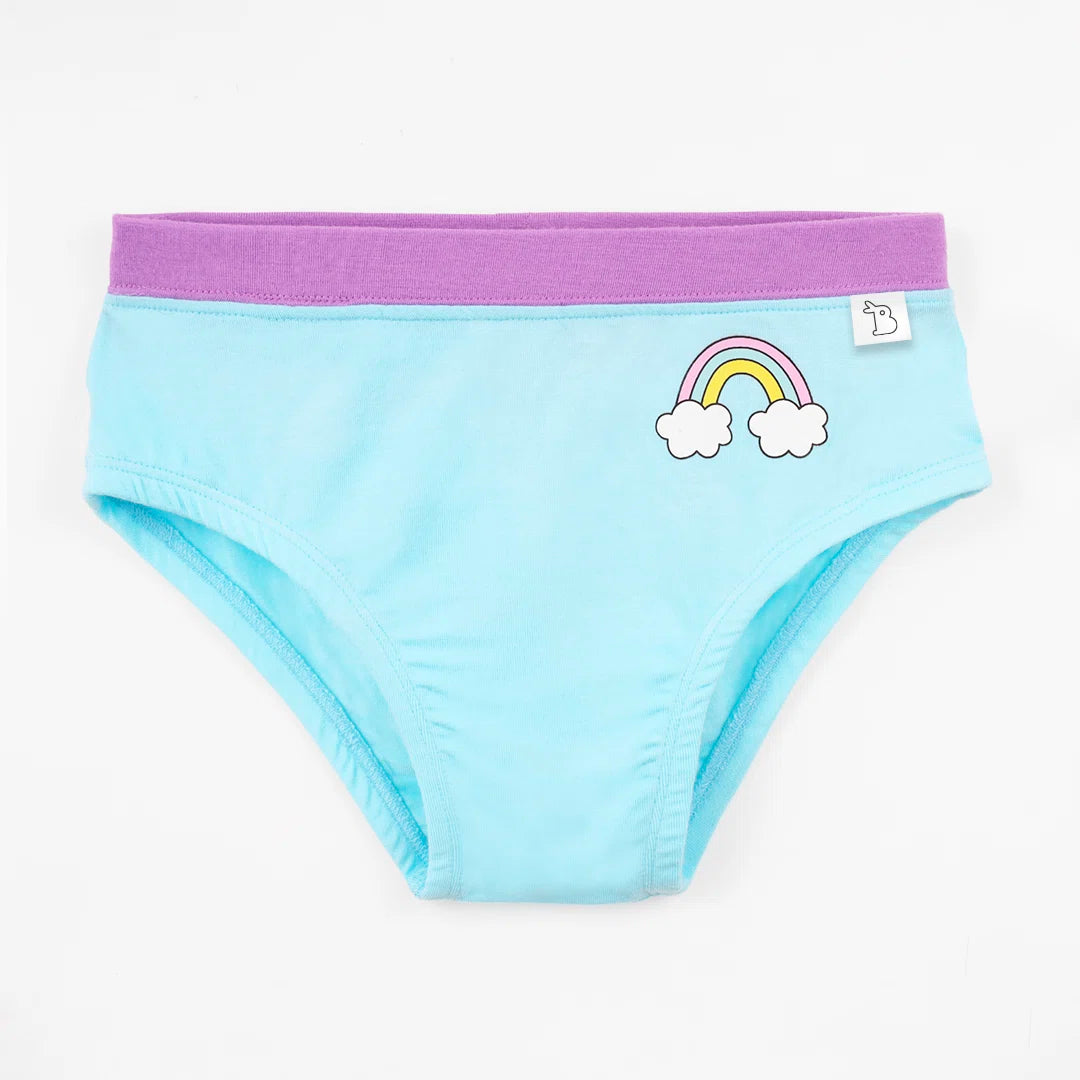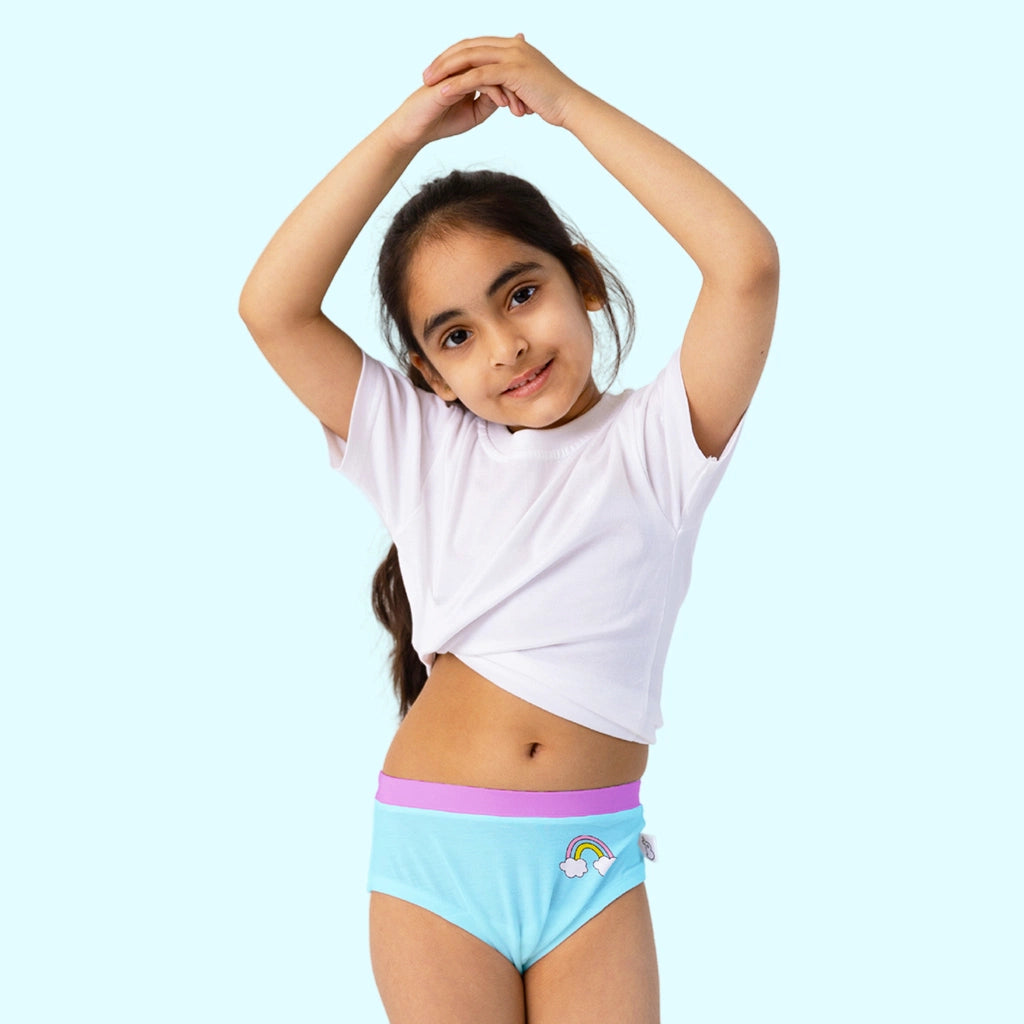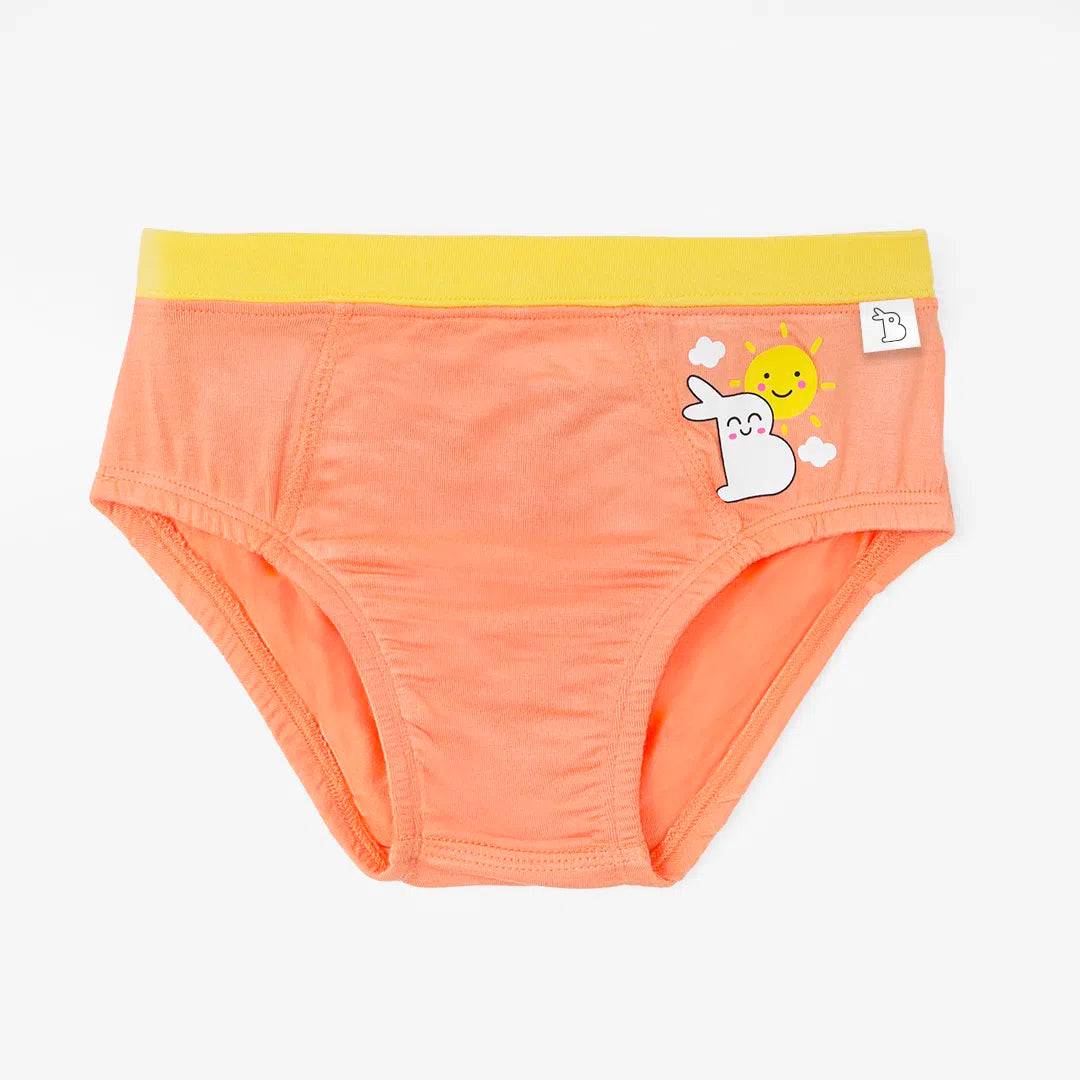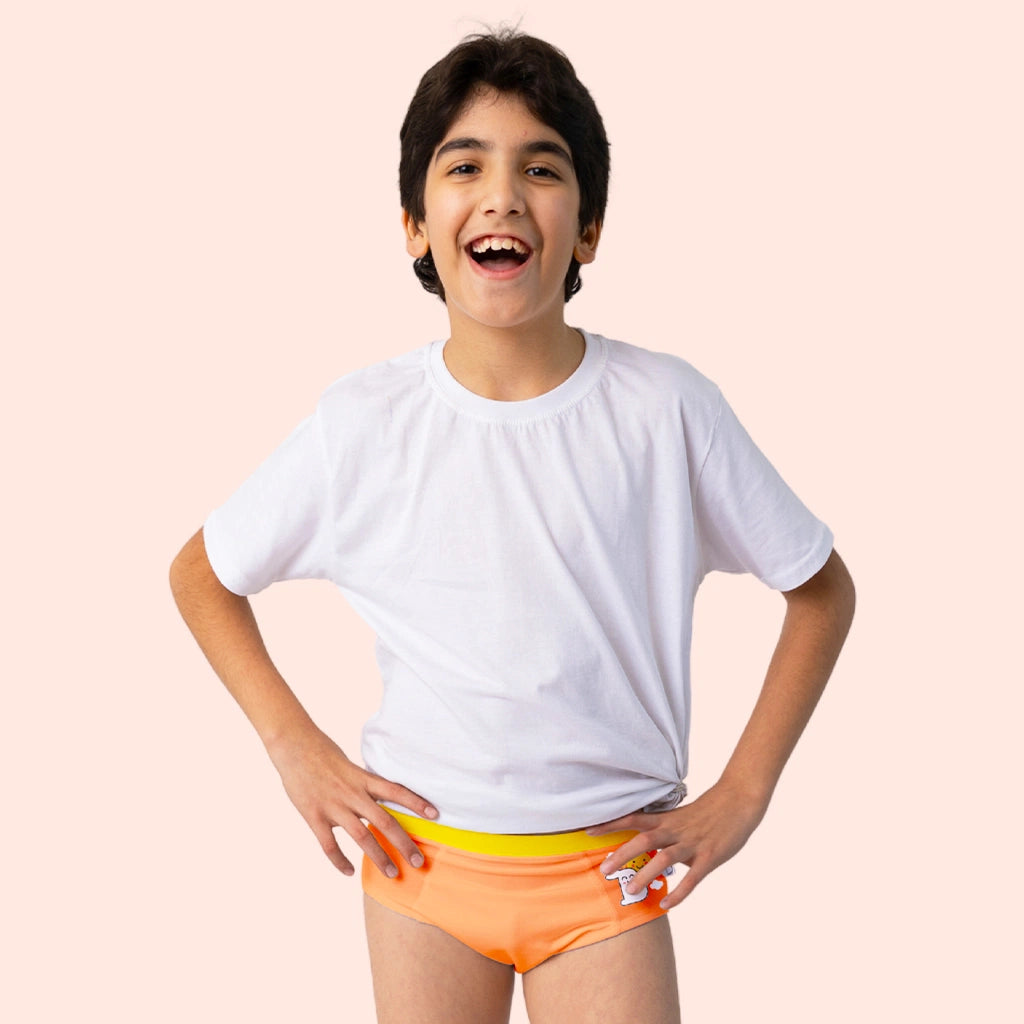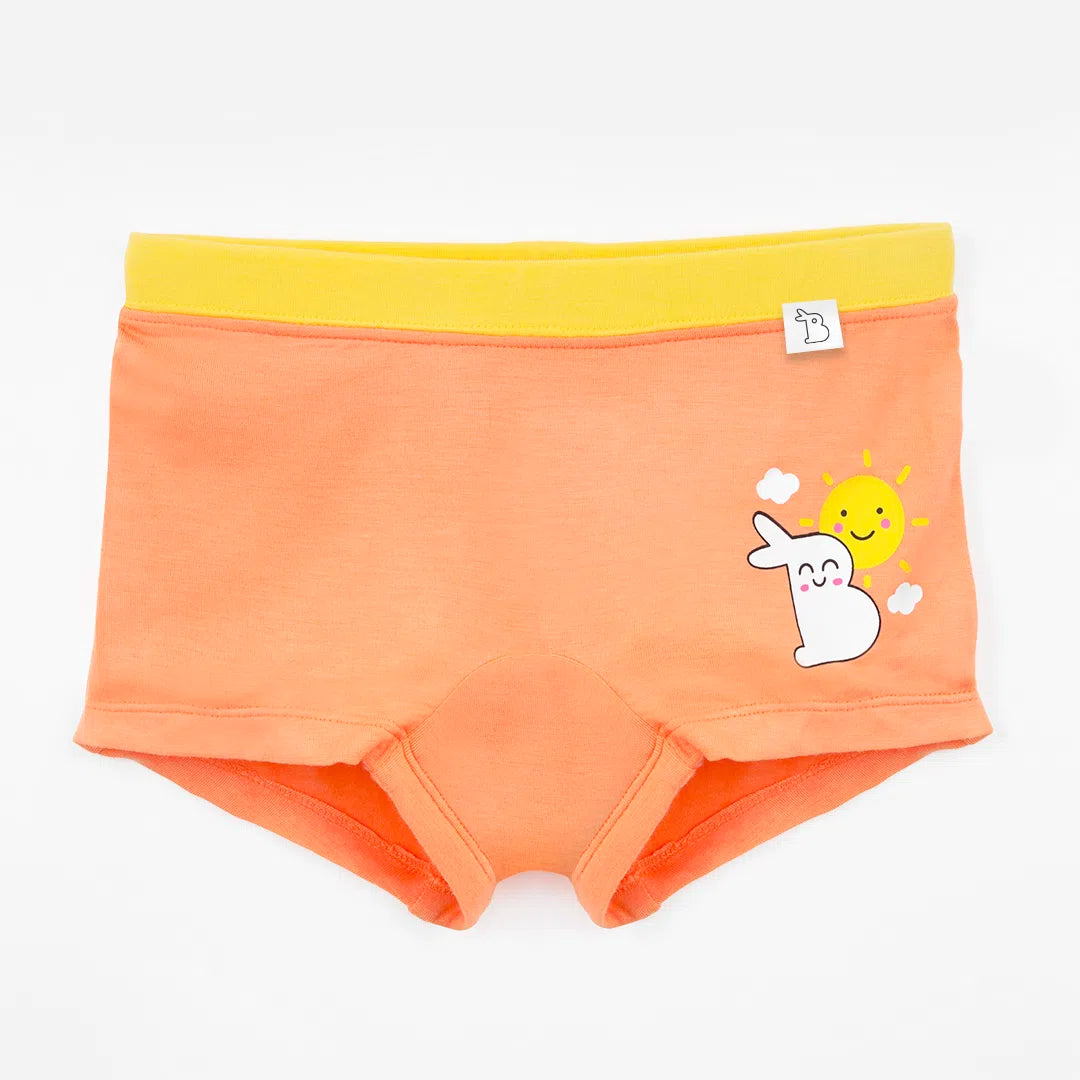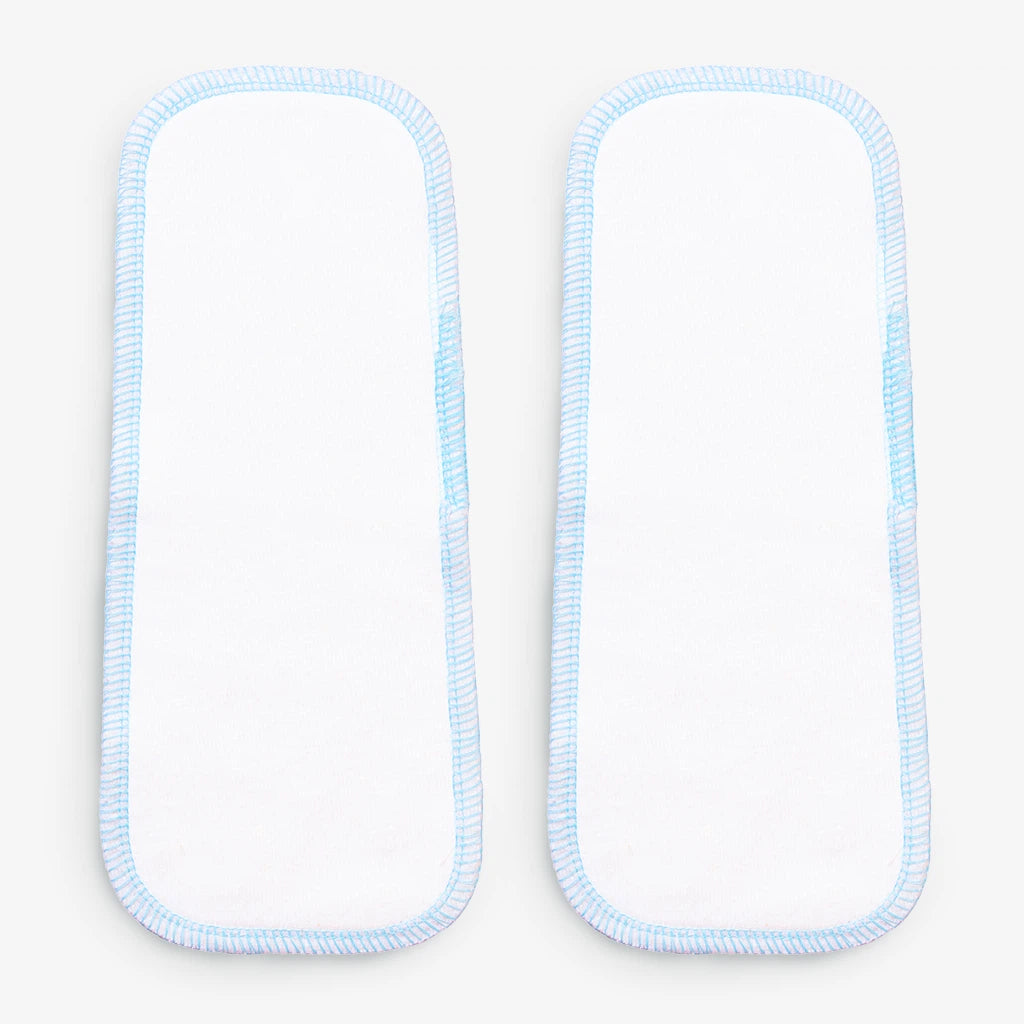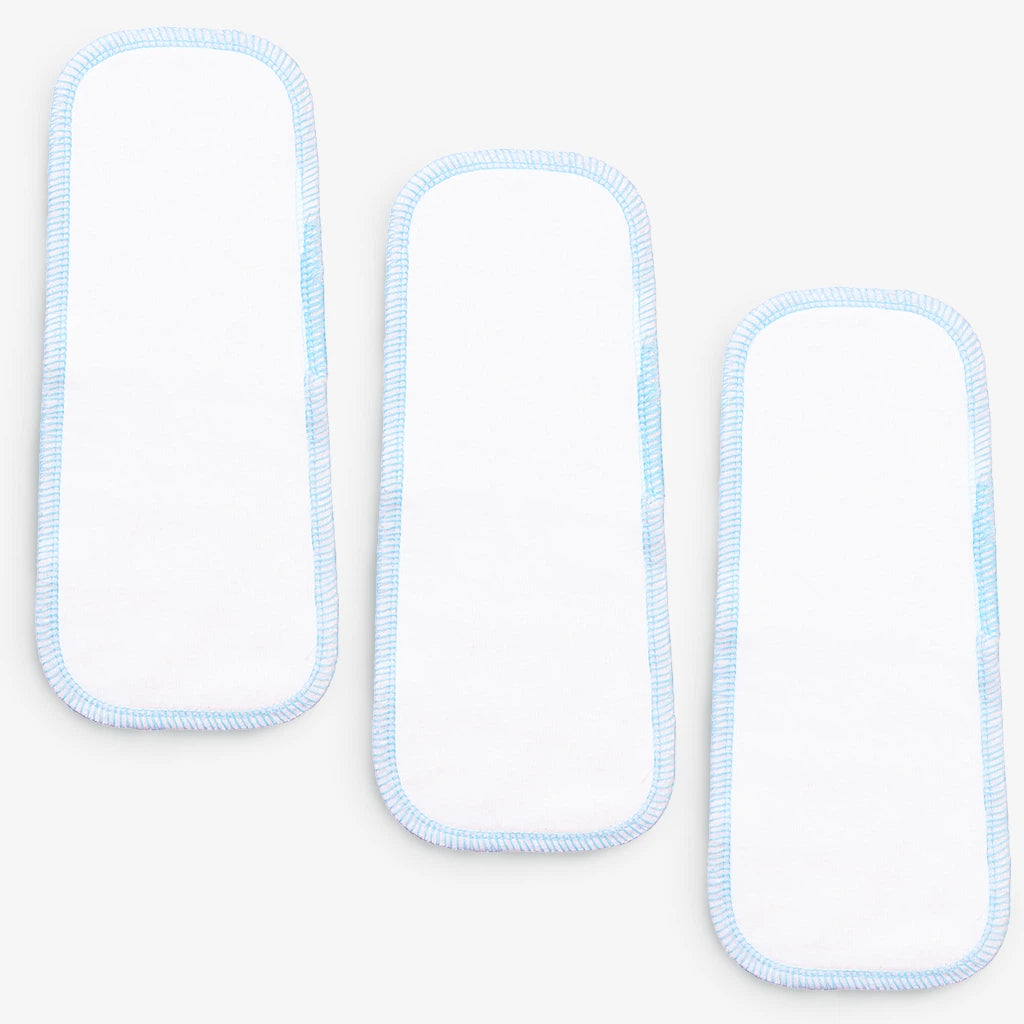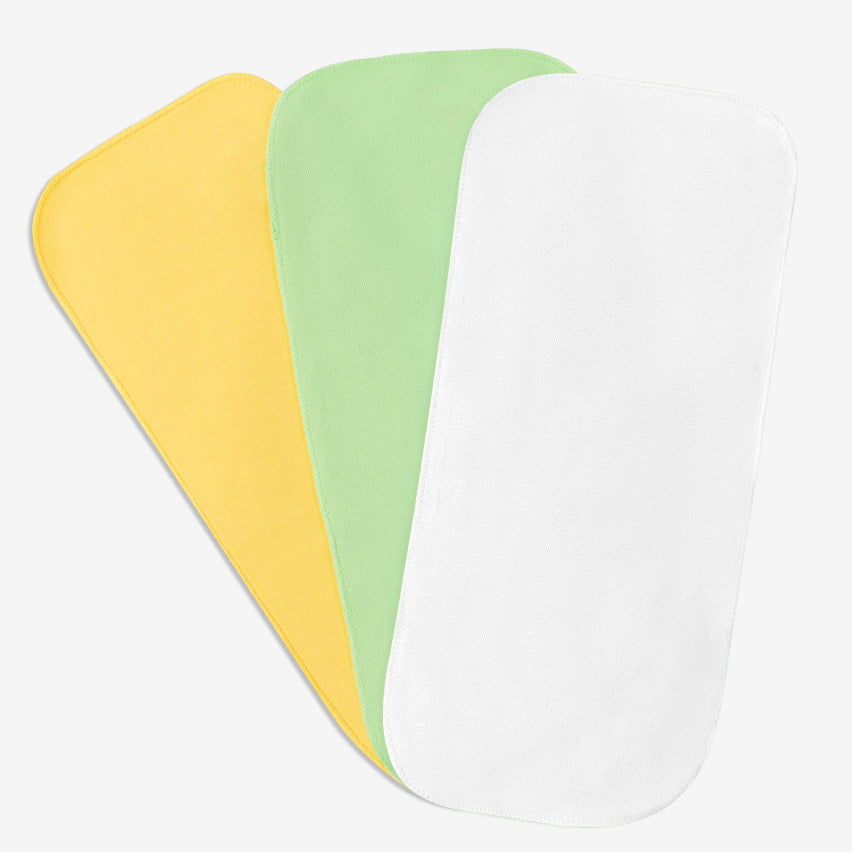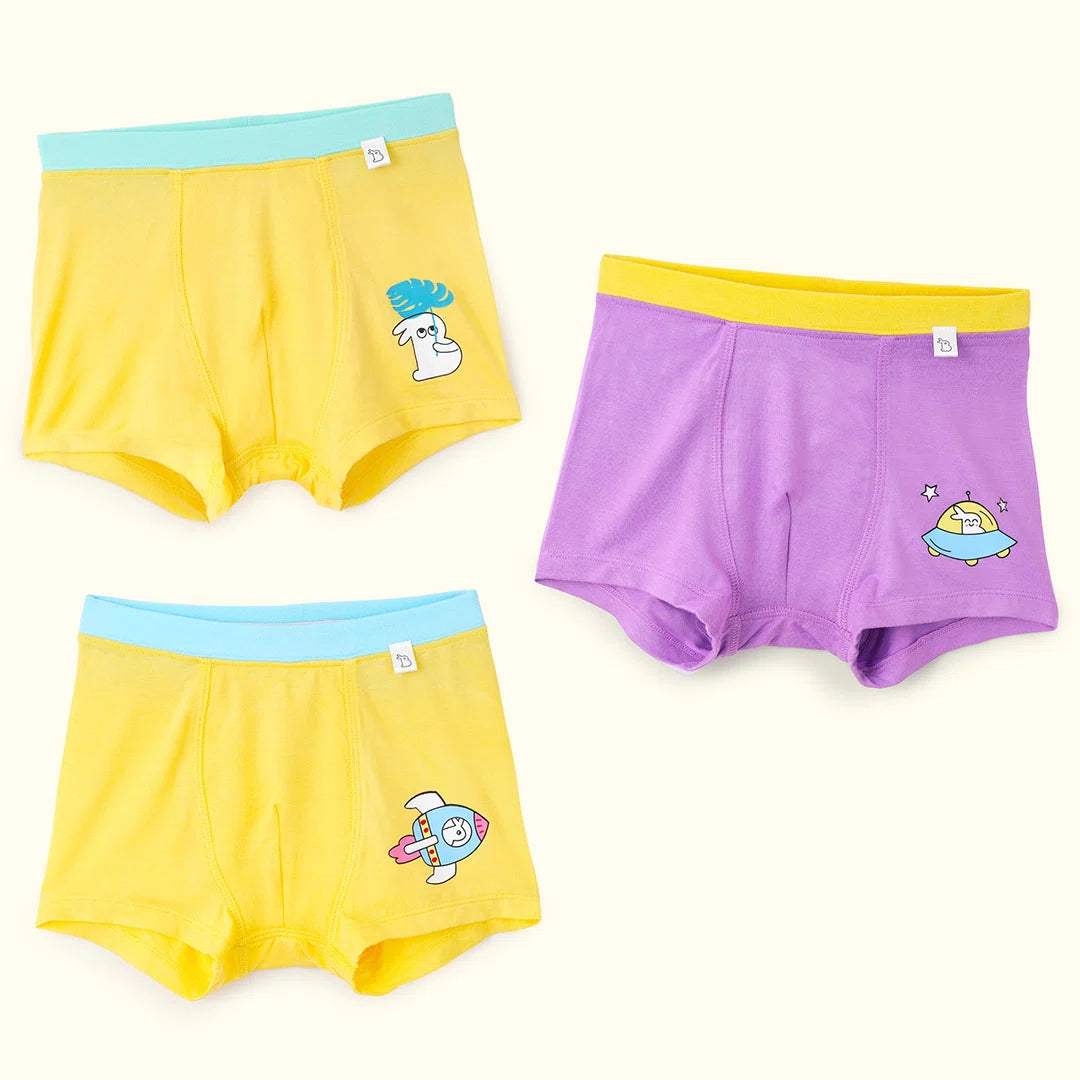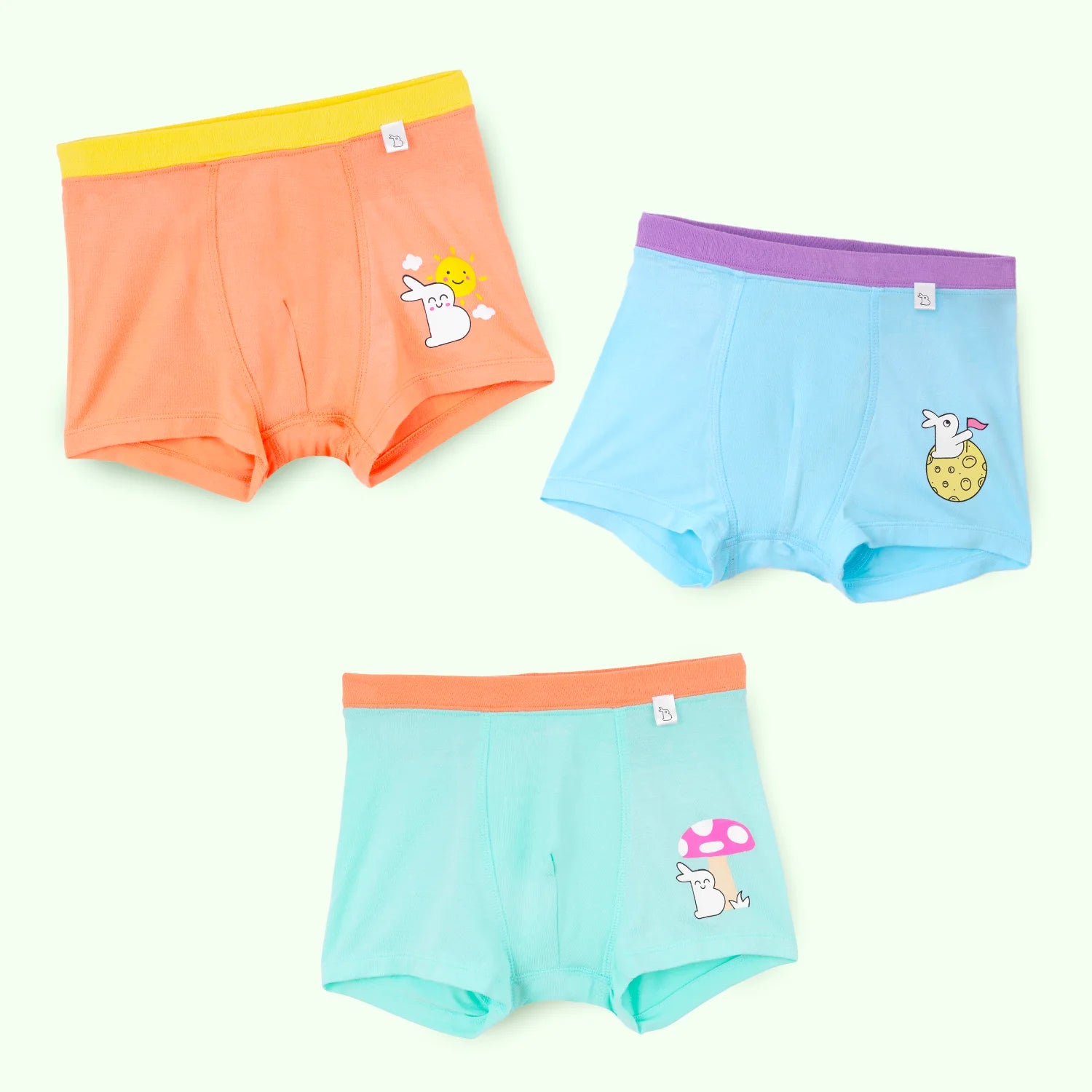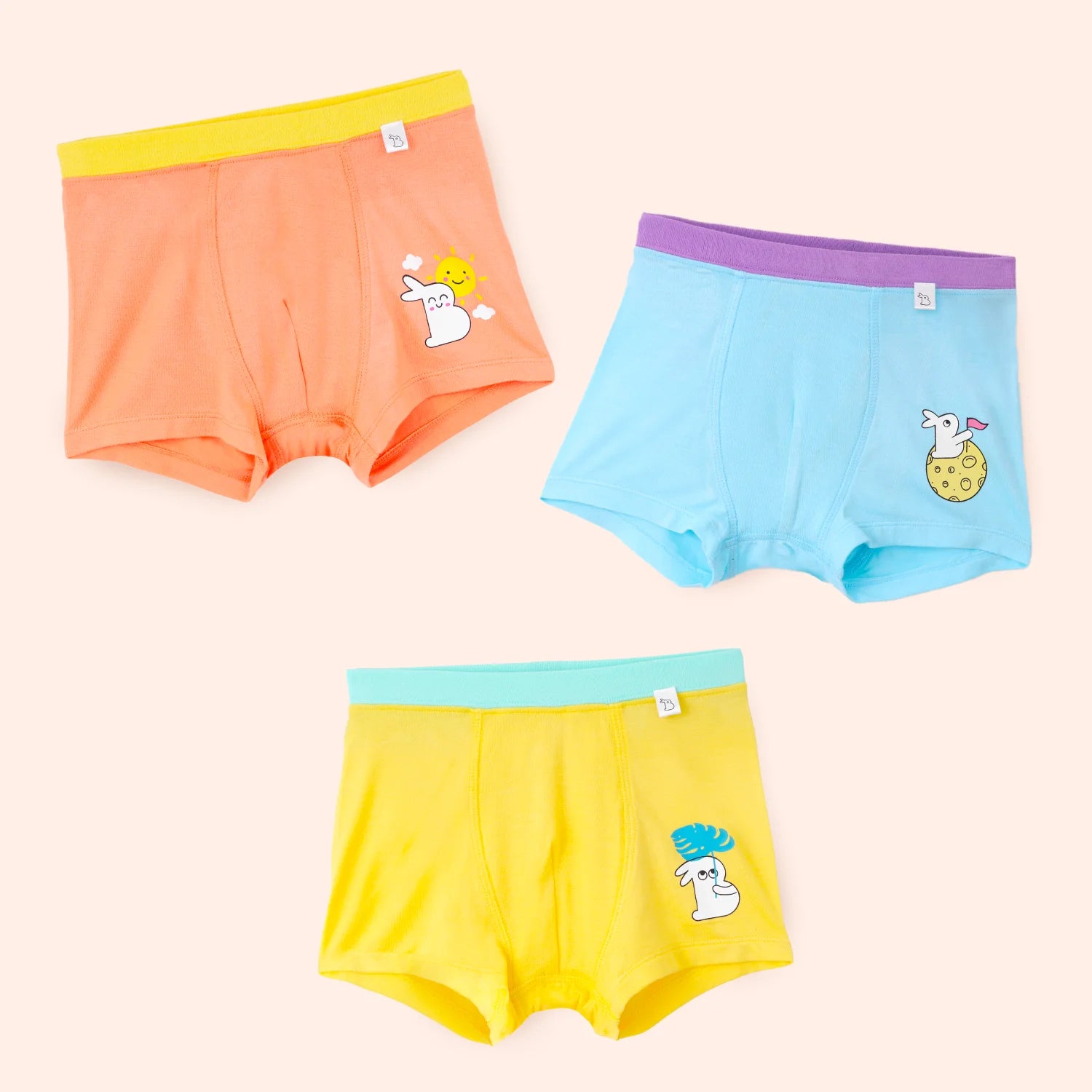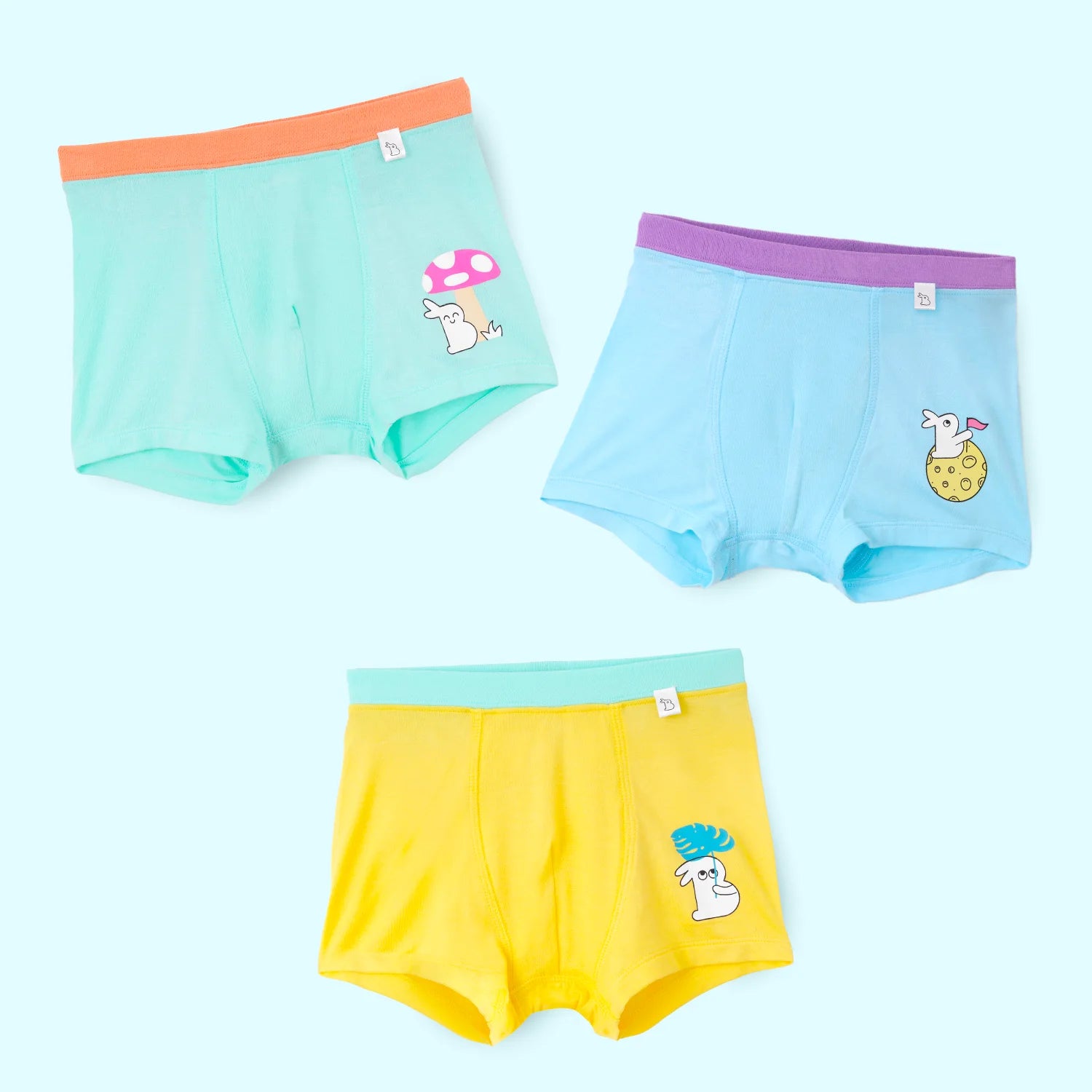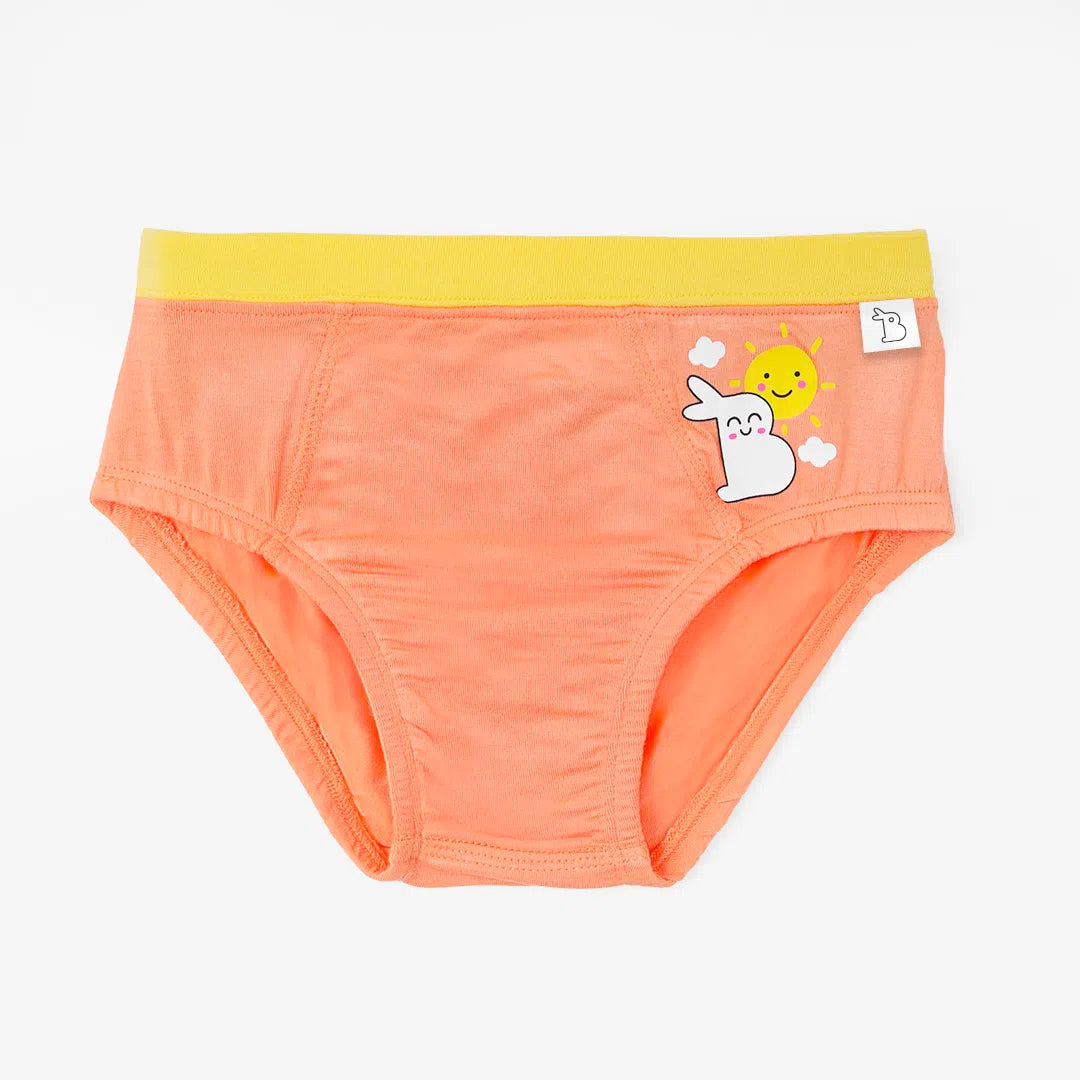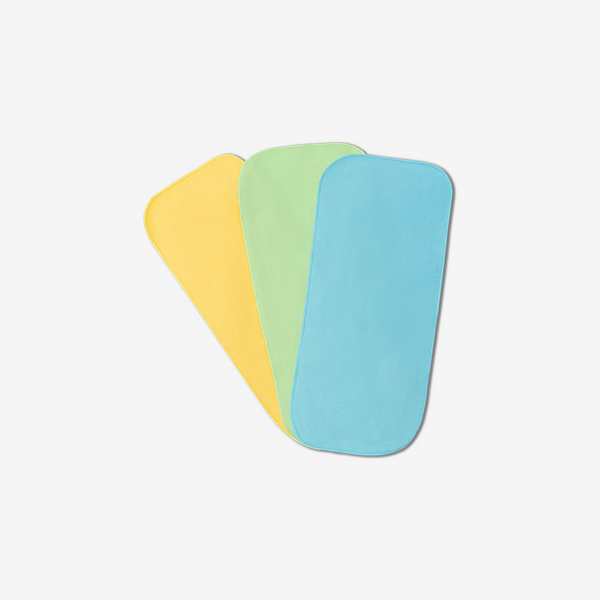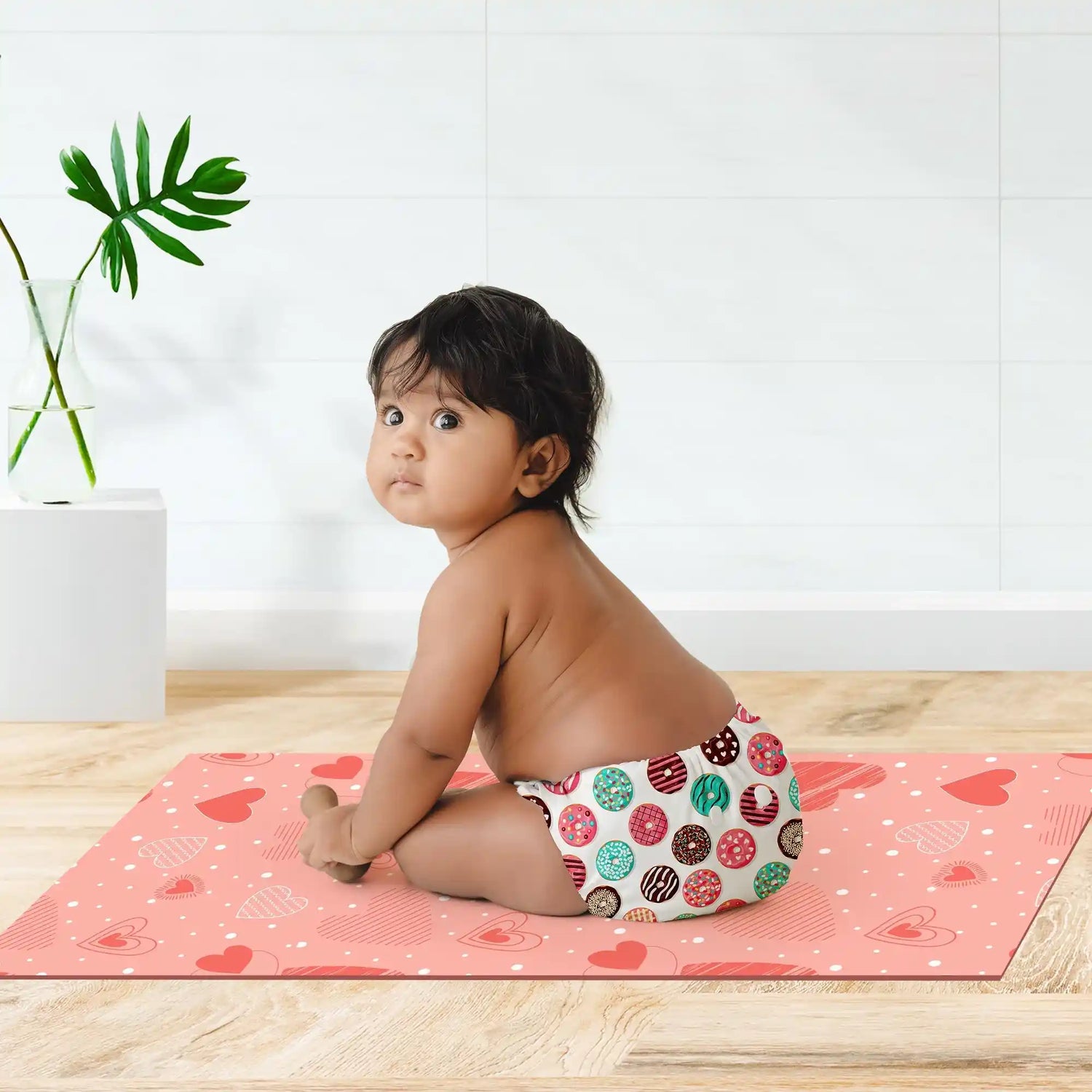• Introduction
• Baby Teething Problems And Solutions
• When Do Babies Start Teething?
• Baby Teething Symptoms
• Indian Home Remedies For Teething Babies
• SuperBottoms Must-Haves to Alleviate Teething Problems in Babies
• Key Takeaways
• Frequently Asked Questions (FAQs)
• Message From SuperBottoms
The arrival of your baby's first teeth is a joyous milestone in parenthood, typically occurring around the 6-month mark. This event, while delightful, often comes with challenges, including discomfort and various symptoms. In this blog by SuperBottoms, "Baby Teething Troubles and Remedies," you'll find valuable guidance on understanding baby teething symptoms, the typical age for teething, and gentle home remedies to ease the discomfort.
The guide covers common signs and symptoms of teething and provides practical, soothing home remedies to help alleviate your baby's discomfort. Whether you're a new parent or an experienced caregiver, this comprehensive resource aims to help you and your baby navigate the journey quickly, so your little ones can smile through their teething adventures.
Baby Teething Problems And Solutions
Teething problems in babies refer to the discomfort and symptoms when a baby's teeth emerge through the gums. Common baby teething problems include:
Common Baby Teething Problems:
• Excessive Drooling: This can lead to skin irritation and rashes.
• Gum Swelling and Tenderness: Causes discomfort and pain.
• Irritability and Fussiness: Due to the pain and discomfort.
• Chewing on Objects: Babies chew to relieve gum pressure.
• Sleep Disturbances: Pain can disrupt sleep patterns.
• Loss of Appetite: Discomfort can reduce interest in eating.
Solutions:
• Teething Toys: Provide safe, chewable toys to soothe gums.
• Cold Compresses: Use a cold washcloth or chilled teething ring to reduce inflammation and numb pain.
• Teething Gels: Apply baby-safe teething gels to gums for temporary relief (consult a paediatrician first).
• Pain Relief Medication: Use over-the-counter pain relievers like infant acetaminophen or ibuprofen (consult a paediatrician before use).
• Rub Their Gums: Gently massage their gums with a clean finger.
• Keep Them Dry: Use bibs and wipe drool frequently to prevent skin irritation.
• Comfort and Distract: Extra cuddles, playing, and distractions can help soothe a fussy baby.
These baby teething problems and solutions can help manage and alleviate teething discomfort, making the process easier for babies and parents.
These symptoms can cause distress for both babies and parents during teething.
When Do Babies Start Teething?
Babies typically start teething between 4 and 7 months of age. However, some babies may begin teething as early as 3 months or as late as 12 months. The timing can vary widely among individual babies.
Baby Teething Symptoms:
Here are the three baby teething symptoms of teething troubles in babies:
1. Irritability and Fussiness: One of the most common baby teething symptoms is increased irritability and fussiness. Babies may become more irritable than usual, often without an apparent reason. This behaviour change can be attributed to the discomfort and pain caused by the emerging teeth as they push through the gums. Parents must remain patient and provide extra comfort and soothing during this time.
2. Drooling: Teething often goes hand in hand with excessive drooling. Your baby's mouth produces more saliva as part of the teething process. This excess drool can lead to skin irritation around the chin and neck. To manage this symptom, keep a soft cloth or bib handy to remove the drool and prevent skin irritation.
3. Chewing and Gnawing: Babies instinctively try to relieve their teething discomfort by chewing and gnawing on objects. You may notice your little one biting their toys, fingers, or anything they can get their hands on. This is their way of counteracting the pressure and discomfort in their gums. Providing teething toys or a clean, chilled teething ring can offer relief and keep them from nibbling on inappropriate items.
Understanding these teething problems in babies can help you differentiate teething troubles from other potential issues, such as illness. While teething is a natural process, it can cause discomfort for your baby.
Indian Home Remedies For Teething Babies
When your little one is teething, it's natural to want to provide them with some relief. Thankfully, several effective Indian home remedies can help ease teething babies' discomfort. Here are seven of the best baby teething remedies:
1. Chilled Teething Rings: Teething rings are a popular choice for providing relief. Place a clean teething ring in the refrigerator to cool (not freeze). The cool temperature can soothe your baby's sore gums as they chew on the ring.
2. Cold Washcloth: A simple and readily available remedy is a cold, damp washcloth. Roll it up, refrigerate it for a few minutes, then let your baby gnaw. The cold and texture provide comfort and help alleviate teething symptoms.
3. Teething Toys: Toys designed for babies are often made with textured surfaces to massage and soothe gums. Look for ones chilled in the refrigerator, as the coldness can be particularly soothing.
4. Frozen Fruits: For babies who have started on solids, frozen fruits like banana slices or mango chunks can be a tasty and cold remedy. Always supervise your baby to prevent choking, and ensure the fruit is cut into age-appropriate pieces.
5. Breast Milk Ice Cubes: If breastfeeding, freeze some breast milk into small ice cubes. These can be placed in a clean, age-appropriate mesh feeder for your baby to chew on, offering both the cold and the comfort of breast milk.
6. Gentle Gum Massage: Wash your hands thoroughly, then gently massage your baby's gums with your clean finger. The gentle pressure can provide relief and comfort.
7. Distraction: Sometimes, a little distraction goes a long way in managing teething symptoms. Engage your baby in a favourite activity or read them a story to distract them from the discomfort.
Remember that every baby is different, so finding which baby teething remedies work best for your little one may take trial and error. While these baby teething remedies can help alleviate teething problems in babies, if your baby's symptoms persist or worsen, it's essential to consult your paediatrician to rule out any other underlying issues. Using these gentle and natural baby teething remedies, you can help your baby smile through the teething phase more quickly.
|
Limited Time Offers + Special Gift Sets! Now or never Super SALE is live on the SuperBottoms website! Take advantage of unbeatable value deals on our UNO Cloth Diapers, Baby Essentials, and more. Looking for the perfect present for a newborn or a toddler? Explore our thoughtfully curated Gift Sets & Combos — safe, skin-friendly, and oh-so-cute! A bundle of love for little ones and a delight for parents. HURRY — Deals and Gift Packs are live only till stocks last. Don’t miss the chance to stock up and share the joy! |
SuperBottoms Must-Haves to Alleviate Teething Problems in Babies
Teething is a significant milestone in a baby's early life, often accompanied by various challenges. SuperBottoms offers three essential products to ease teething problems and provide much-needed relief for babies and parents during this trying time.
1. SuperBottoms Waterproof Cloth Bibs for Babies:
• Full Coverage: The apron-style design offers complete protection from drool and spills.
• Stylish Prints: Adorable prints on both sides add style to your baby's outfit.
• 100% Waterproof: Ensures your baby stays dry and comfortable, even at the peak of teething symptoms.
Teething often results in excessive drooling, and these cloth bibs are the perfect solution. They keep your baby's clothes dry and clean while adding a cute element to their wardrobe.
2. SuperBottoms Padded Underwear:
• Mess-Free Solution: Holds up to one pee, ideal for active babies during teething.
• Comfortable Fit: Easy-to-wear design with gentle elastics ensures comfort for your baby.
Babies tend to be more active during teething, which can lead to unexpected messes. Padded underwear offers a practical solution, helping parents manage these challenges effortlessly.
3.SuperBottoms FreeSize UNO Cloth Diaper:
• Super DryFeel: Keeps your baby's skin dry and rash-free.
• Eco-Friendly: Can be reused and washed more than 300 times.
• Trimmest Design: Provides a sleek fit with a waterproof exterior.
• Adjustable Sizing: Suitable for babies from 3 months to 3 years old, making it a long-term investment.
SuperBottoms' teething solutions offer practical and stylish relief, including waterproof cloth bibs, padded underwear, and the FreeSize UNO cloth diaper. These products effectively address teething symptoms, ensuring comfort and convenience for both babies and parents during this challenging phase.
Key Takeaways:
1. Teething problems in babies are often marked by excessive drooling, gum swelling, irritability, chewing on objects, and disrupted sleep patterns.
2. Provide relief through teething toys, cold compresses, gentle gum massages, and, if necessary, baby-safe teething gels or pain medication after consulting a paediatrician.
3. Keep the baby's face dry to prevent skin irritation, use bibs for drool management, and offer extra comfort and distractions to help alleviate fussiness during teething.
Frequently Asked Questions (FAQs):
Q1: When do babies start teething?
Ans: Most babies begin teething around 6 months, but it can start as early as 3 months or as late as 12 months.
Q2: What are the first signs of teething?
Ans: Early signs include excessive drooling, chewing on objects, irritability, swollen gums, and disrupted sleep patterns.
Q3: How long does the teething process last?
Ans. Teething can last several months, with symptoms often appearing a few days before and after a tooth emerges.
Message from SuperBottoms
Hi there, new parents! SuperBottoms brings you doctor-recommended cloth diapers — the best rash-free diapering solution for your baby’s sensitive and delicate skin. Unlike disposable diapers loaded with chemicals, our newborn cloth diapers, when used and washed properly, can help eliminate the risk of diaper rashes. SuperBottoms offers a wide range of safe, skin-friendly essentials for the whole family — including Reusable Cloth Diapers, Diaper Pants, DryFeel langots for diaper-free time, Padded Underwear for potty training, SuperSoft Underwear for everyday comfort, Joggers for playful days, and Period Underwear for women. Not just for everyday use, SuperBottoms products also make the best gifting choice for babies — thoughtful, eco-friendly, practical, and loved by parents. Now available on Amazon, Myntra, Flipkart, FirstCry, Zepto, Swiggy and Blinkit.
Reference Links
1. Teething in Babies: Symptoms and Remedies
2. Teething Syndrome: Overview, Symptoms, and Pain Relief



